MASTERS THESIS IN LANDSCAPE ARCHITECTURE
LEIBNIZ UNIVERSITÄT HANNOVER, 2025
Supervised by Katja Benfer and Andreas Ebert
1 LEARN critiques & alternatives // 2 THINKING-FEELING spatializing the theory // 3 ACT realizing the pluriverse in my courtyard
LEARN CRITIQUES & ALTERNATIVES
how has the design and planning profession been complicit in universalist and capitalist urbanization processes and what alternative attitudes and methodologies are contemporary practitioners trying out?
using ONTOLOGICAL DESIGN
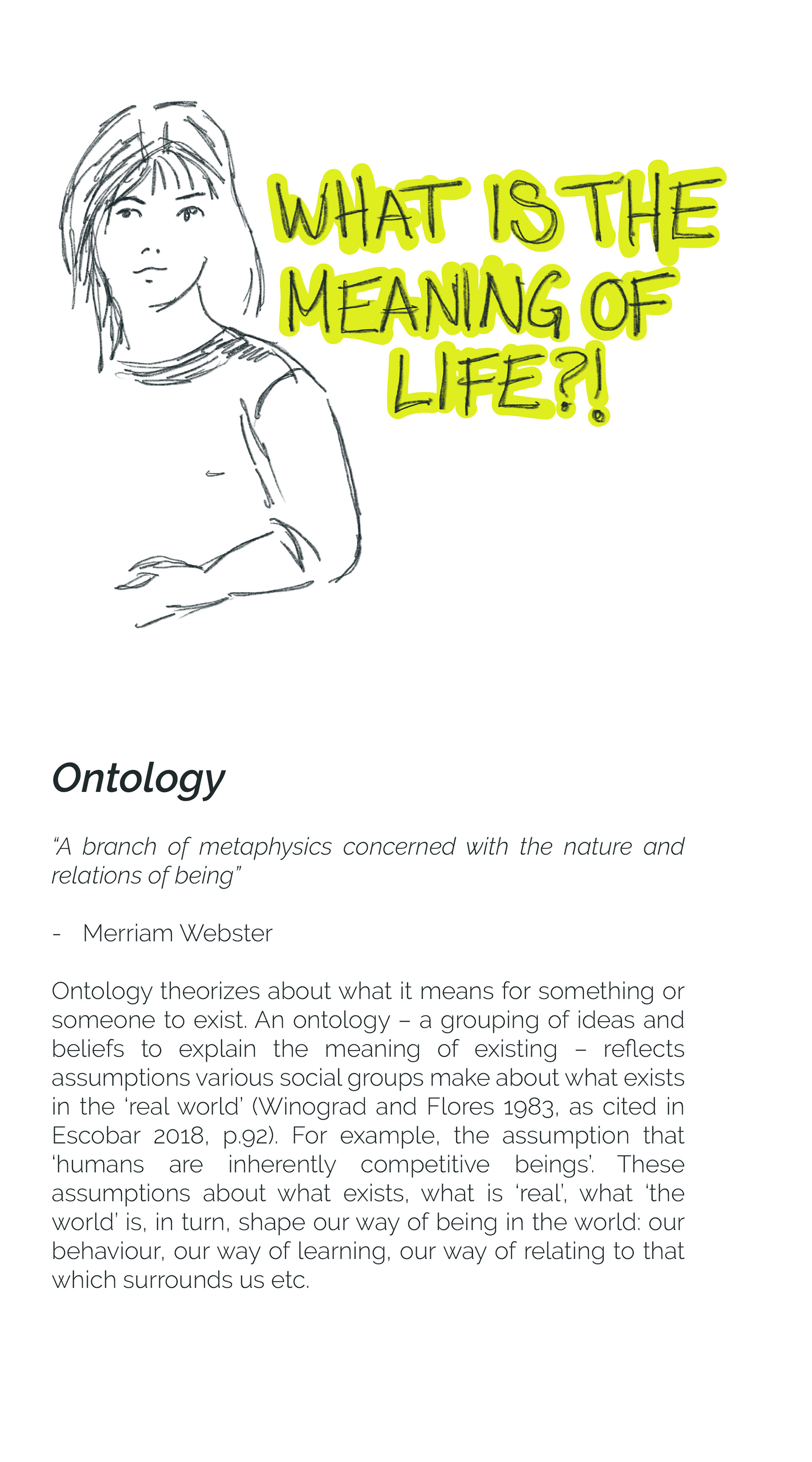
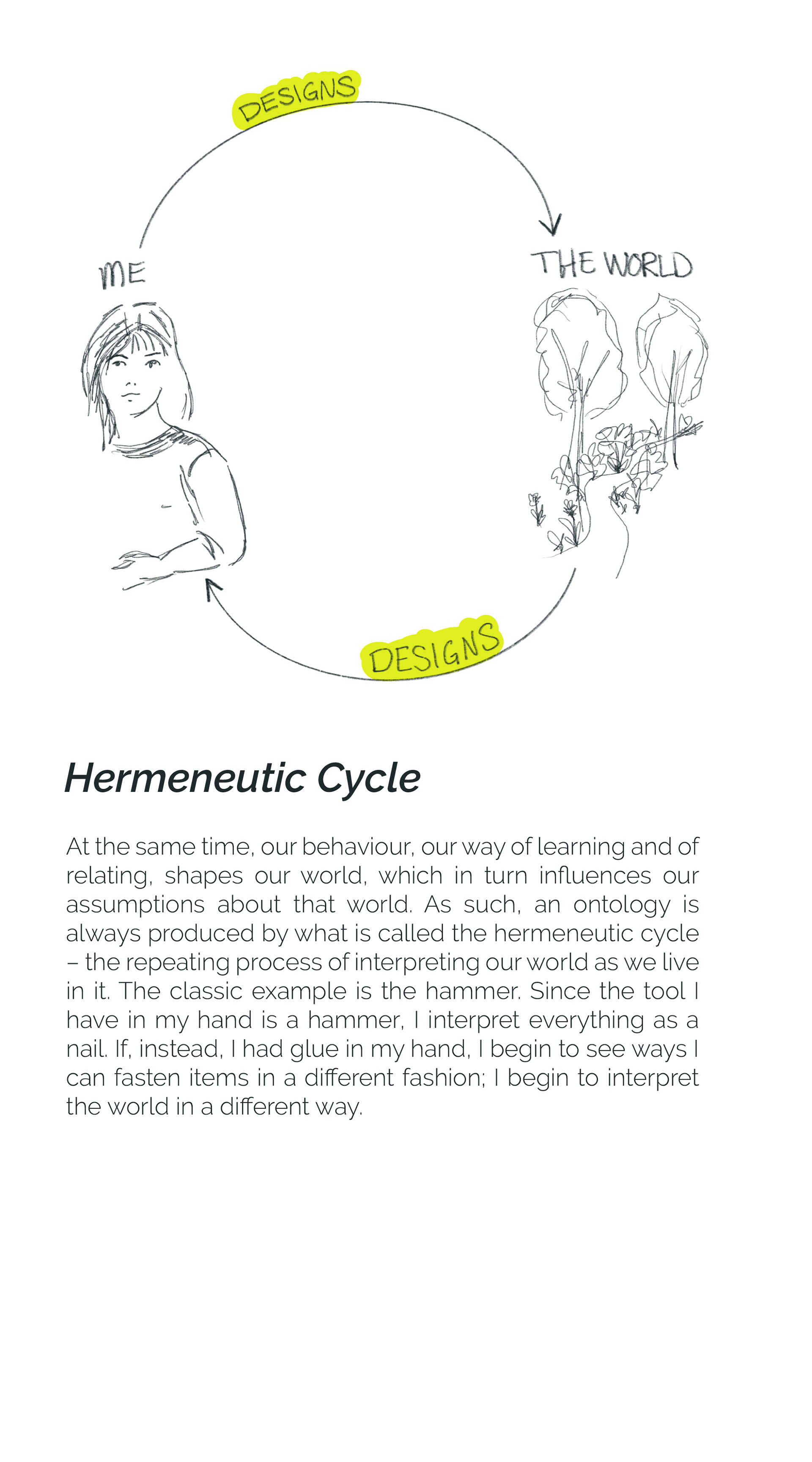
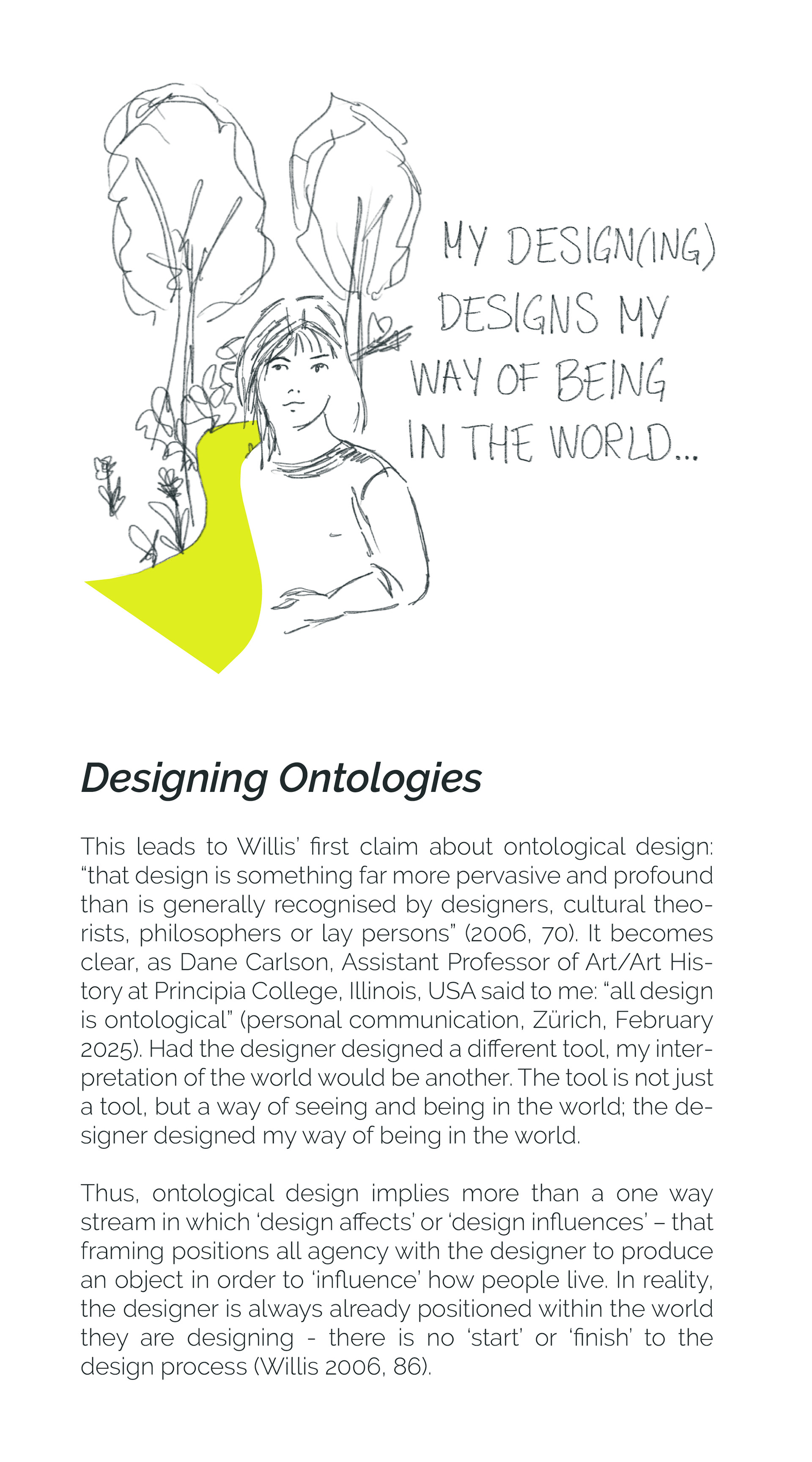
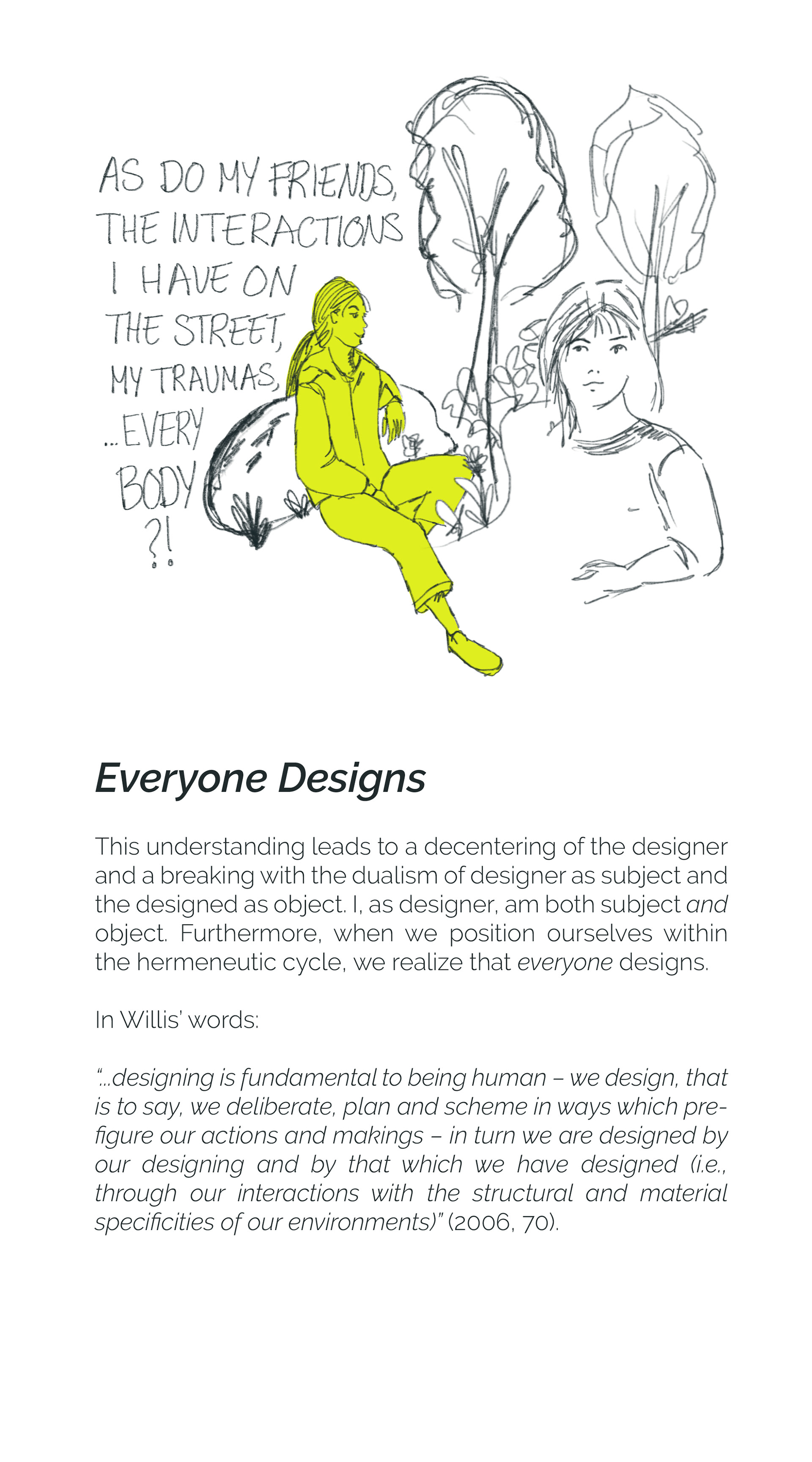
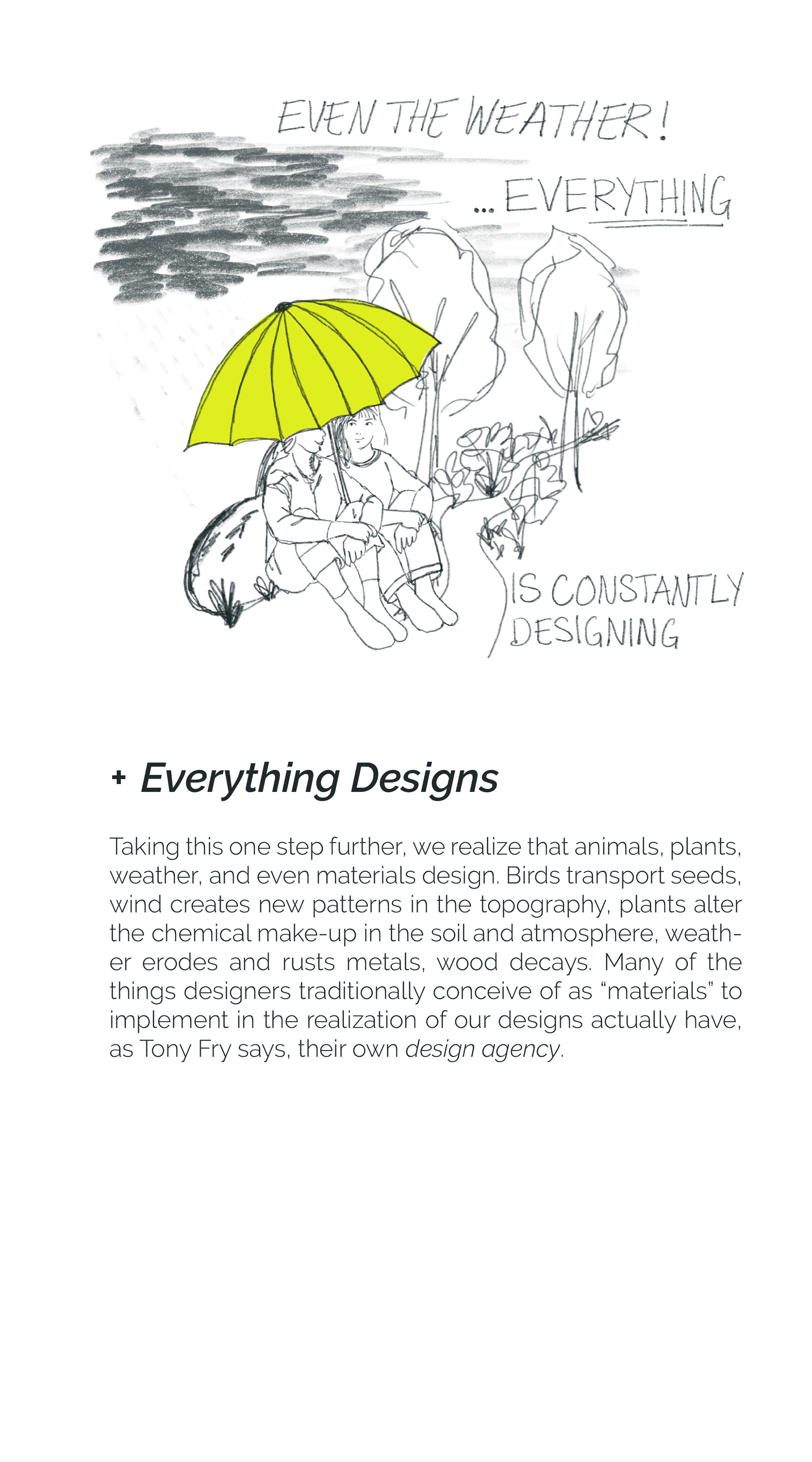
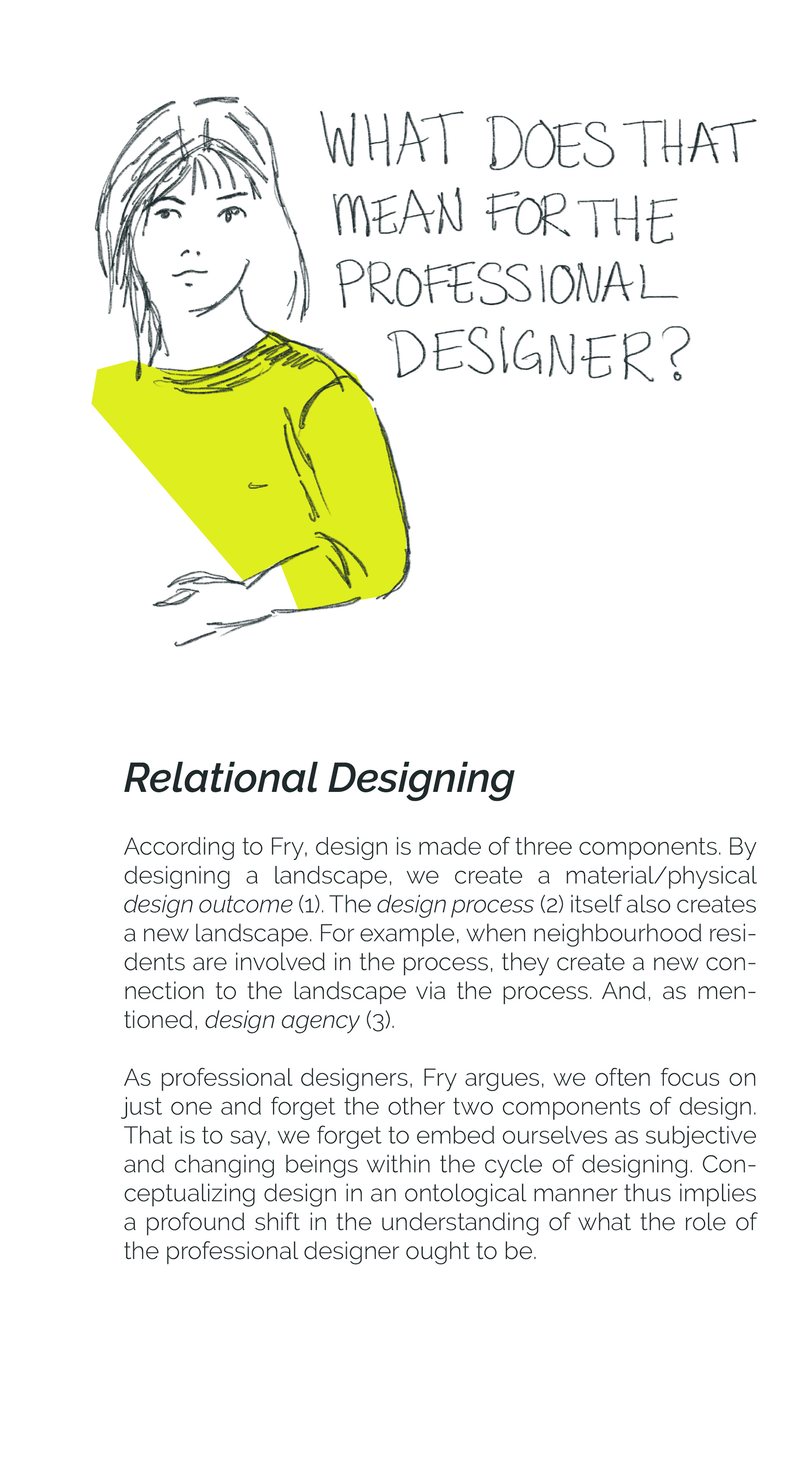
to transition from UNIVERSAL imposition
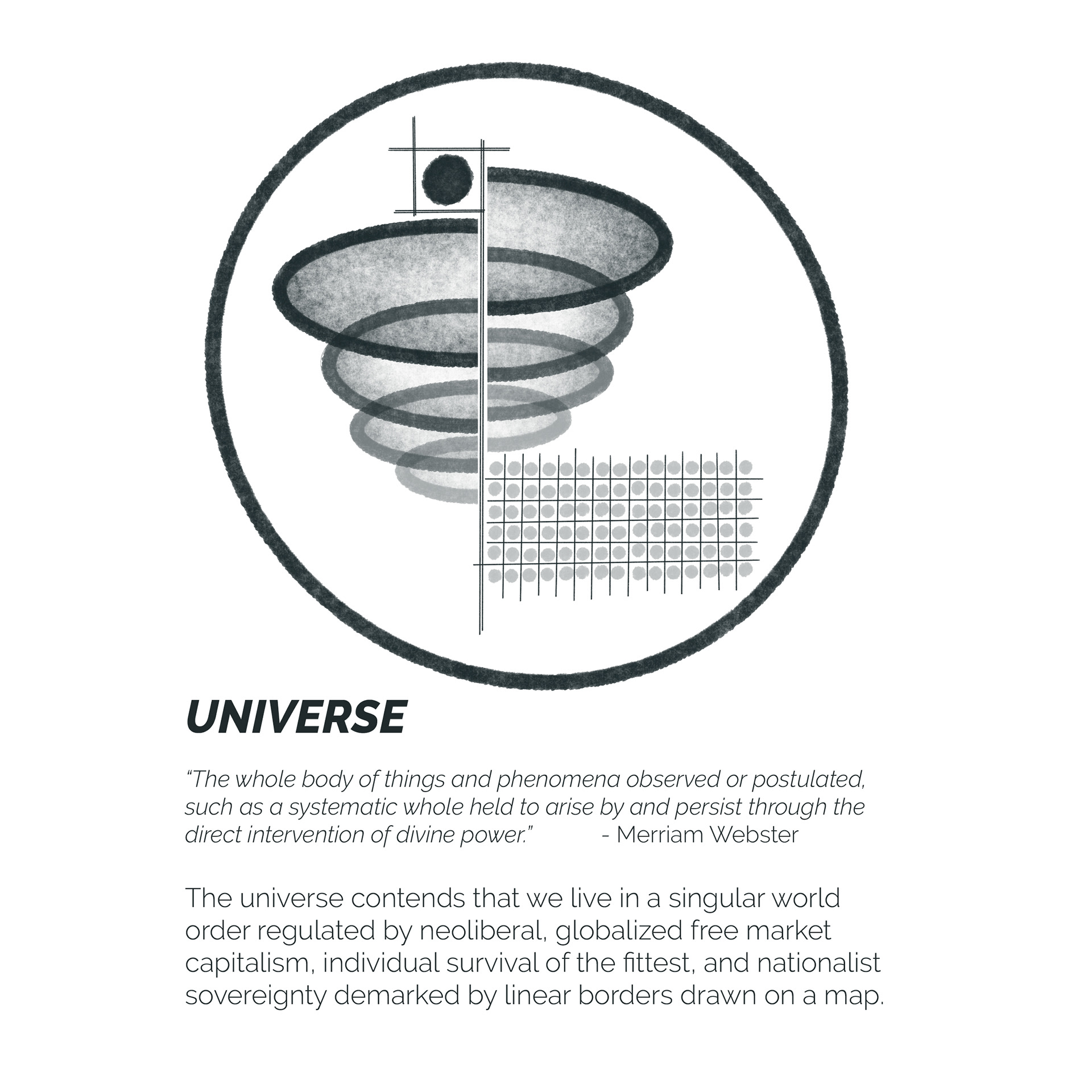
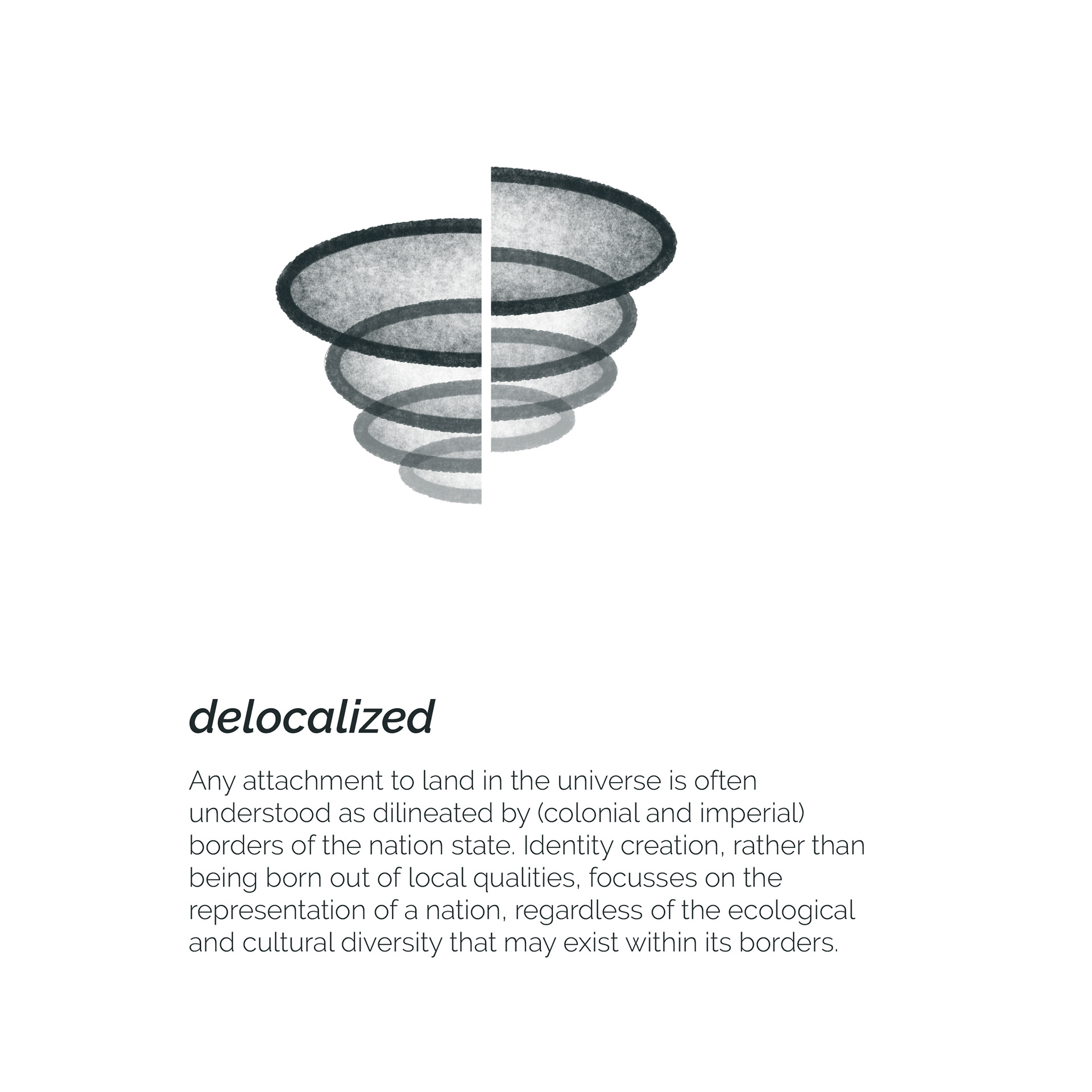
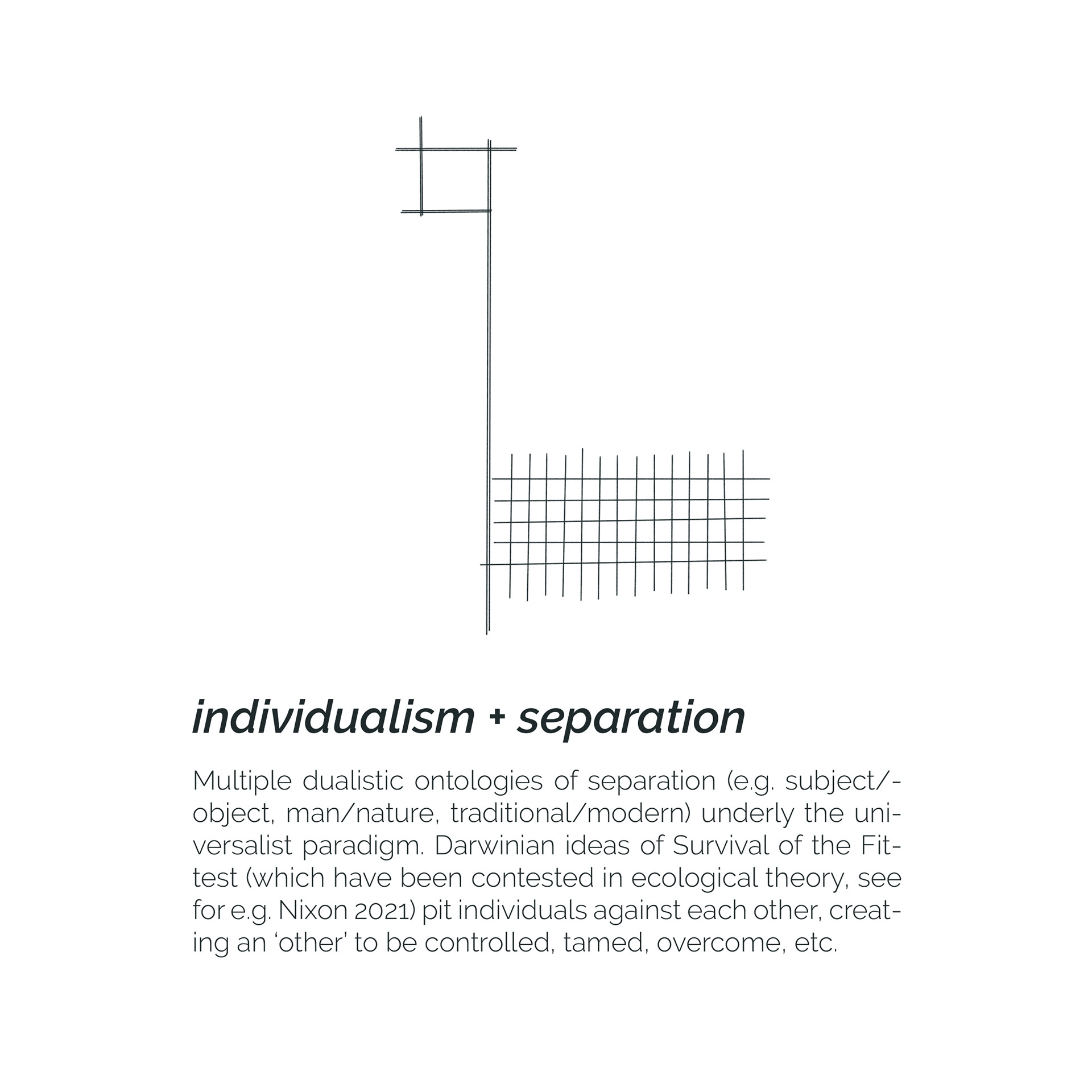
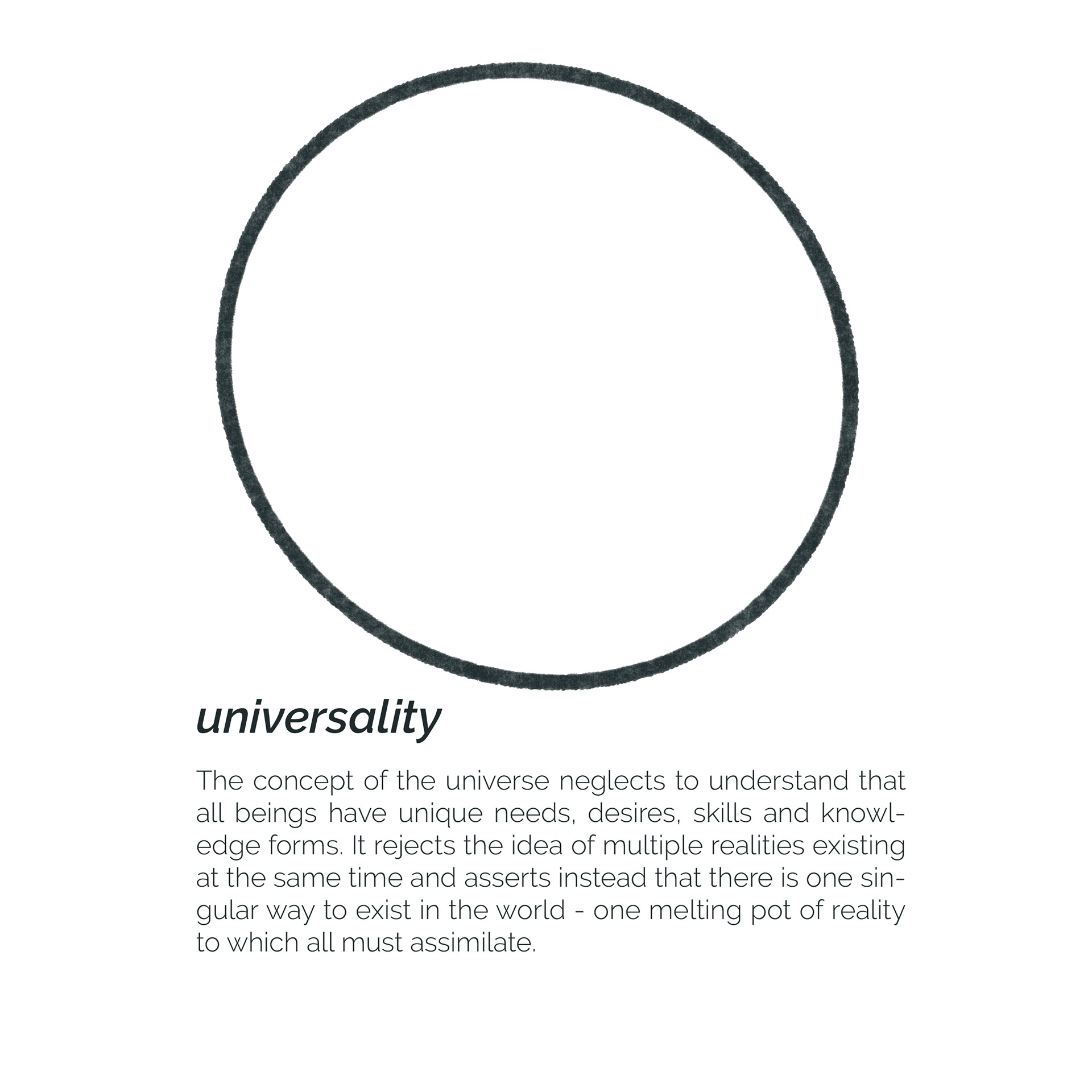
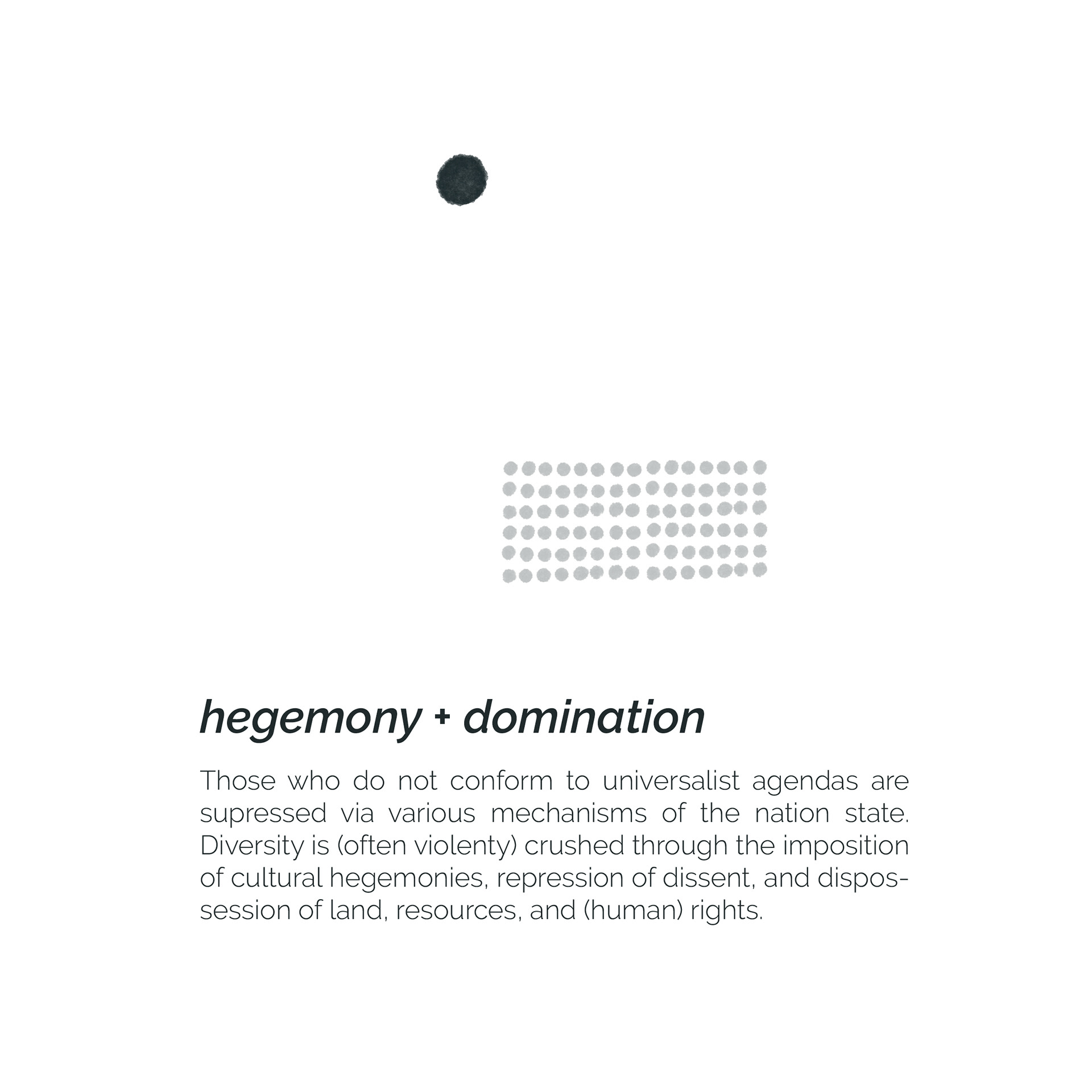
to PLURIVERSAL worlding
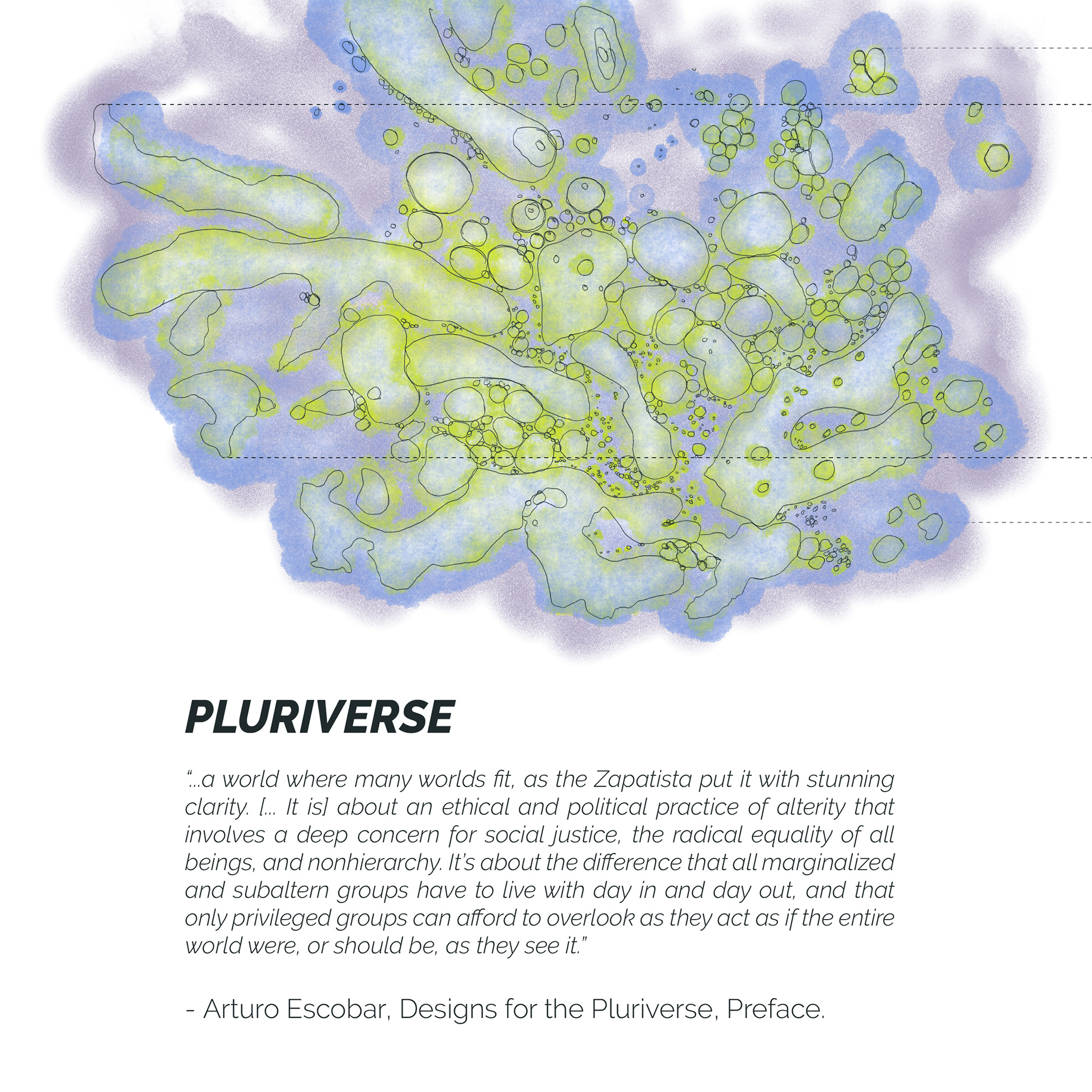
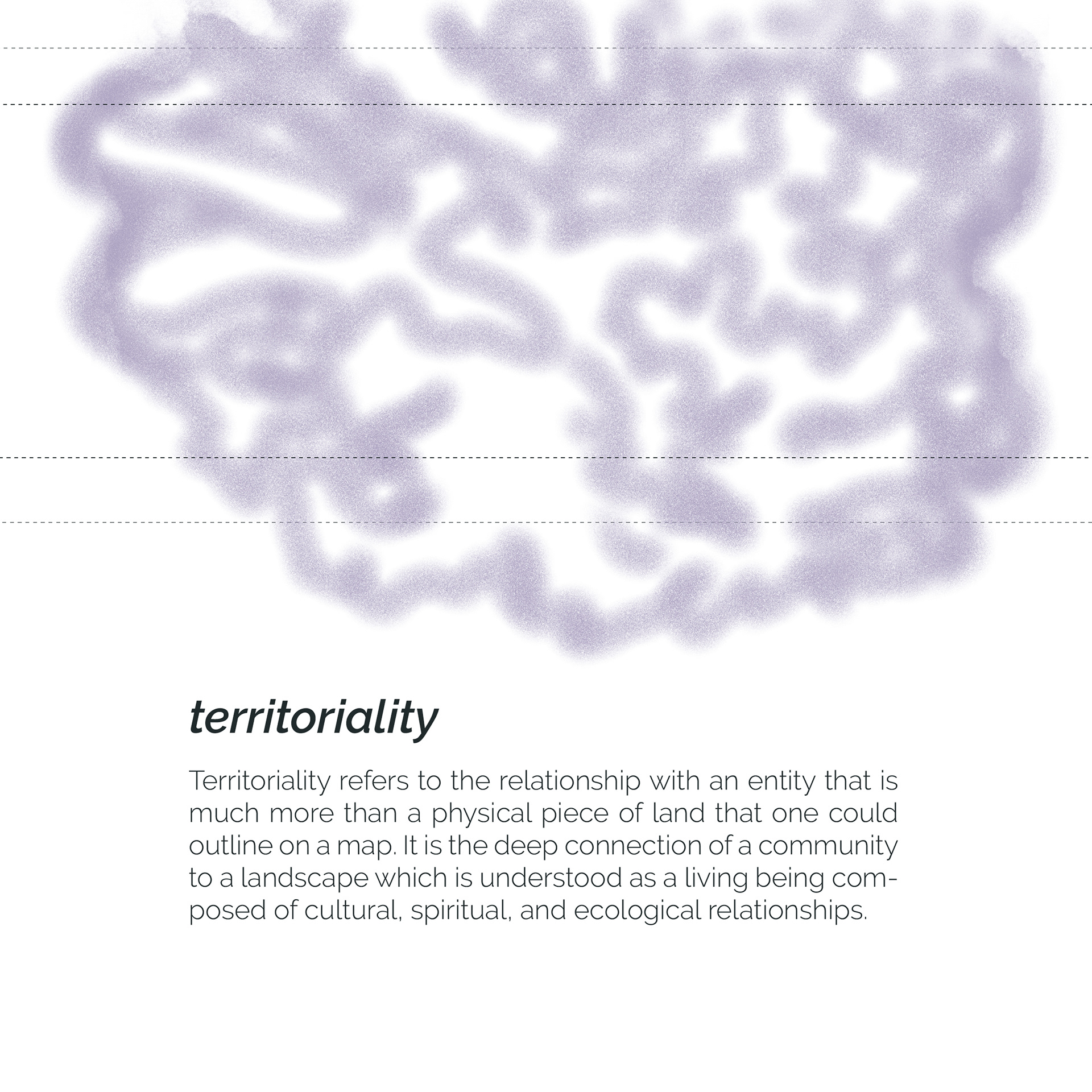
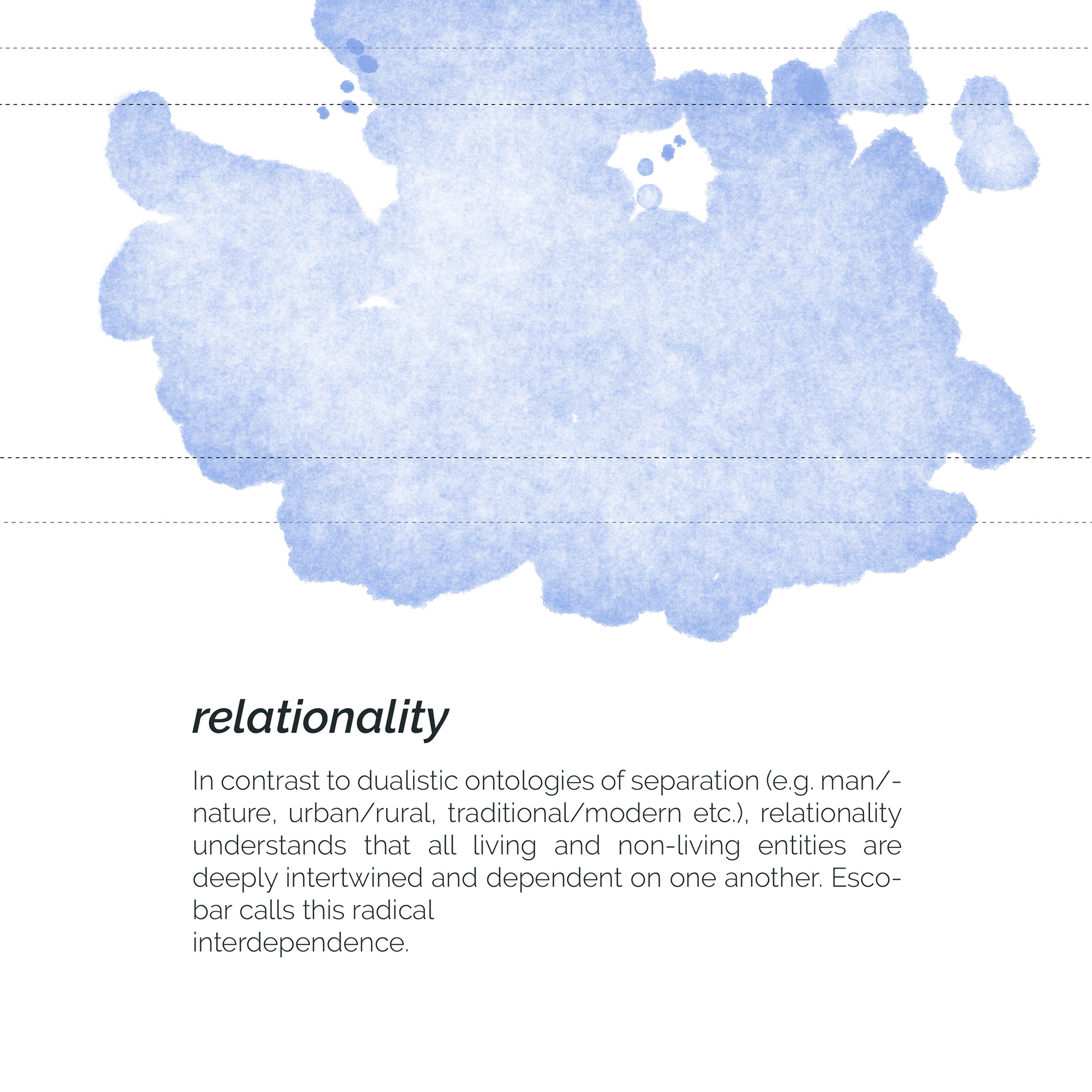
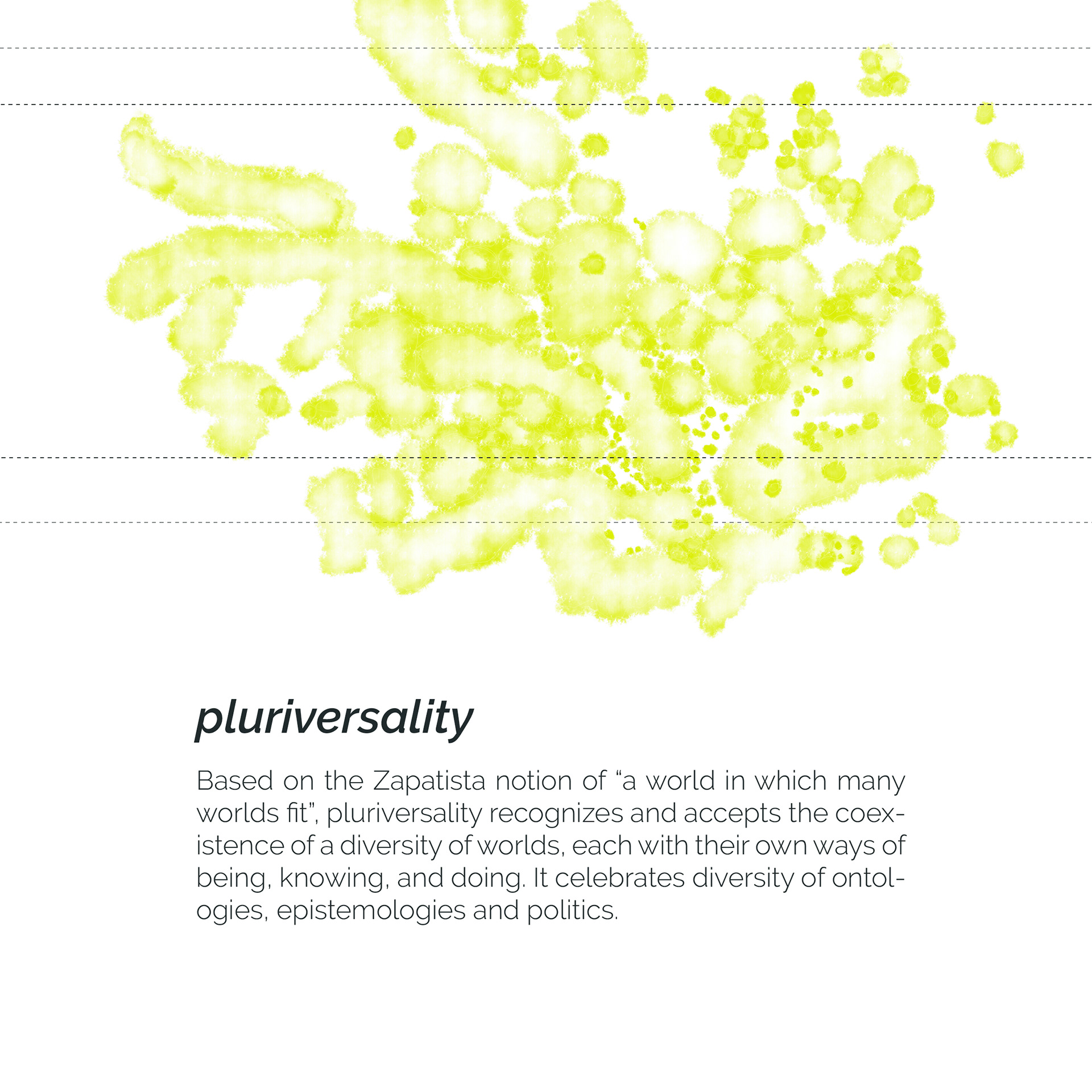
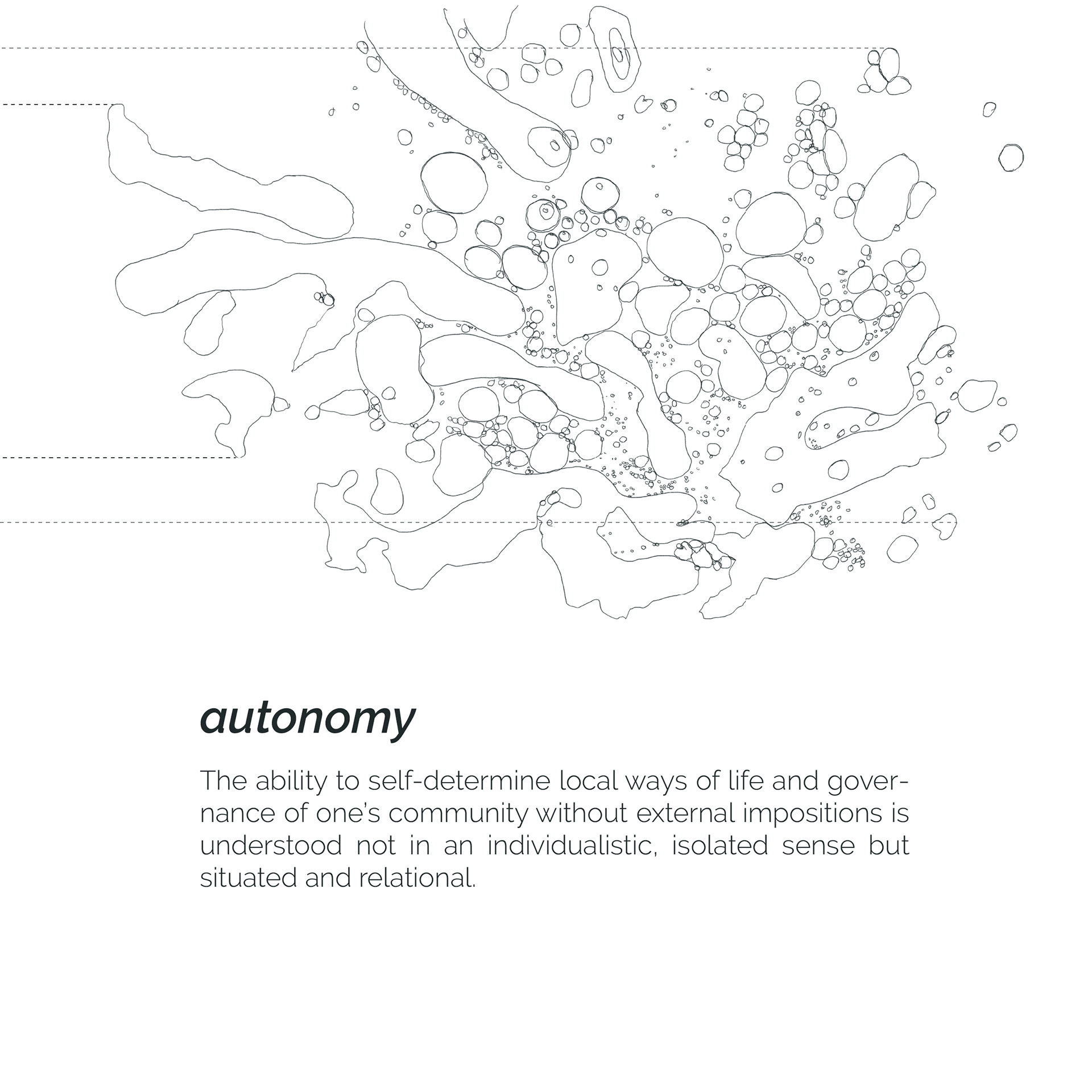
THINKING*FEELING SPATIALIZING THE THEORY
how do these critiques and alternatives show up in the landscape?
courtyards have always reflected the societies that built them...
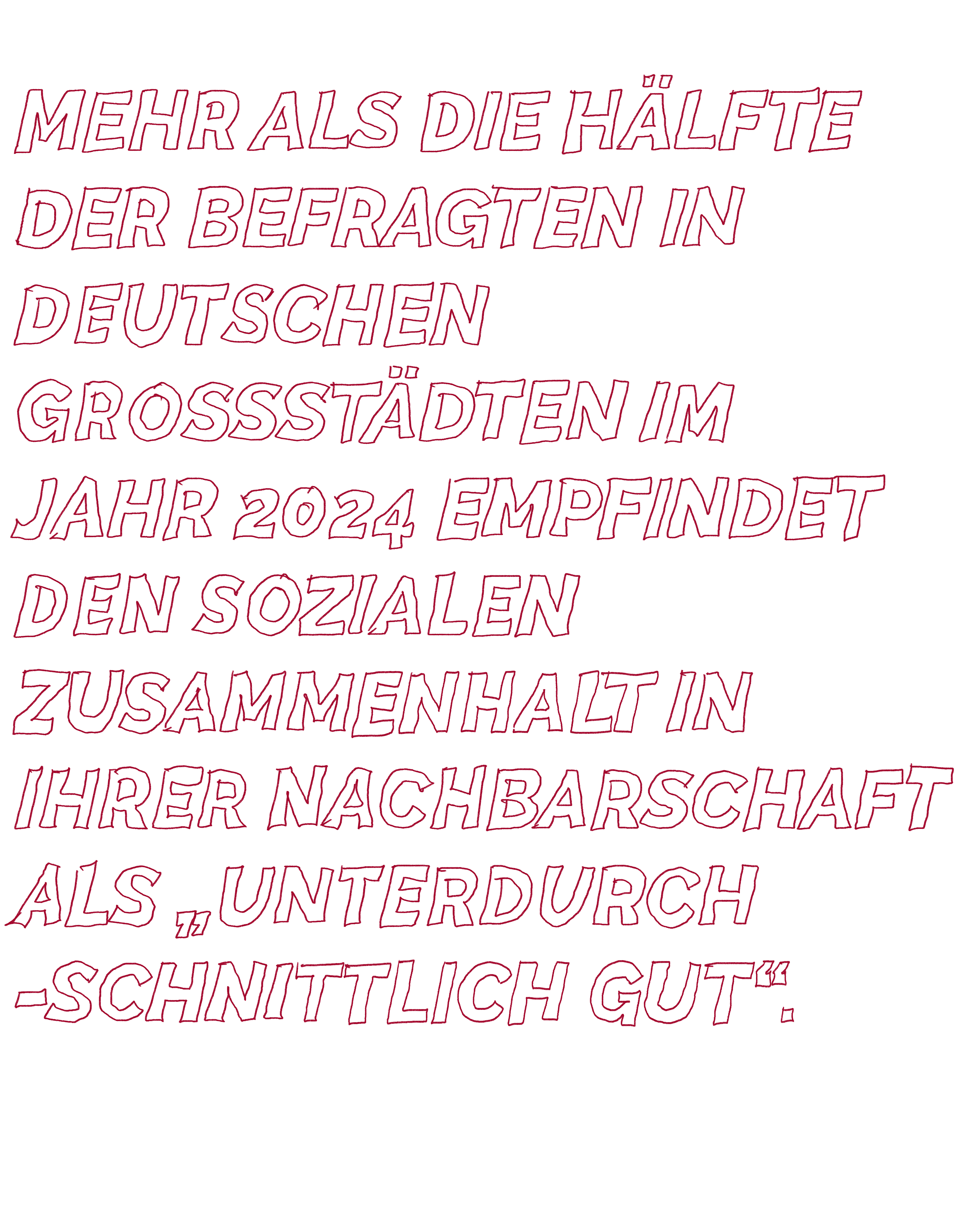
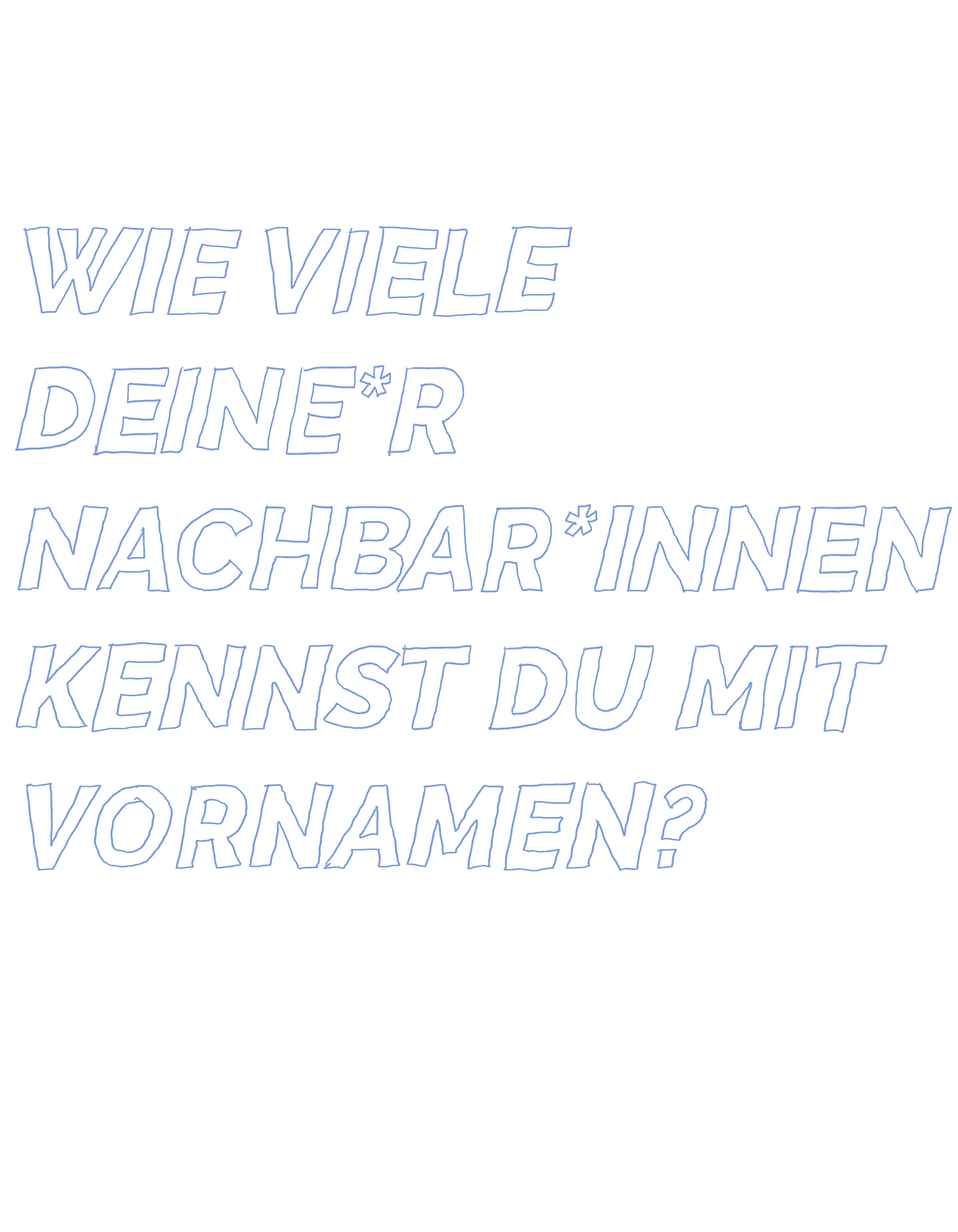
what do today's courtyards say about contemporary society and culture?
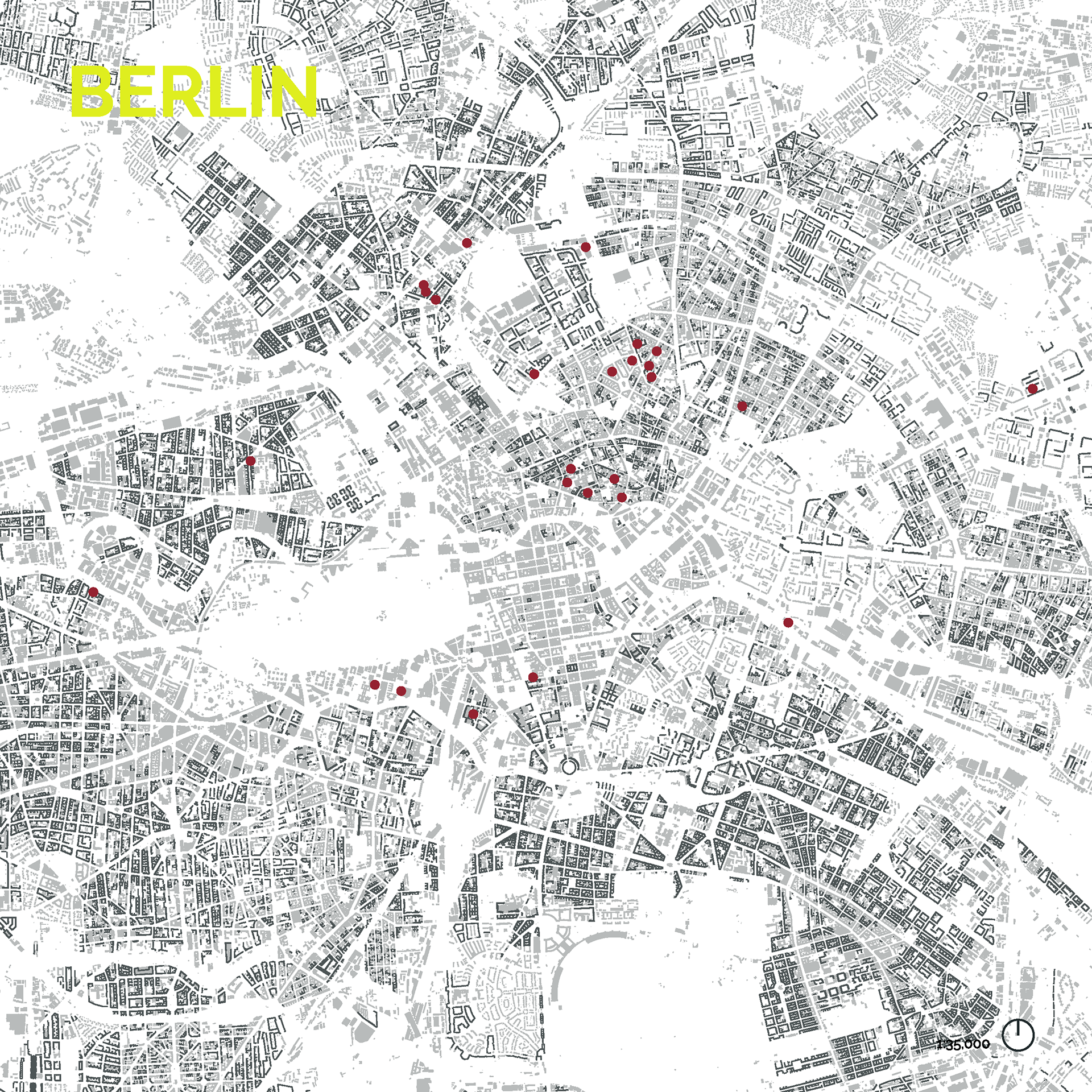
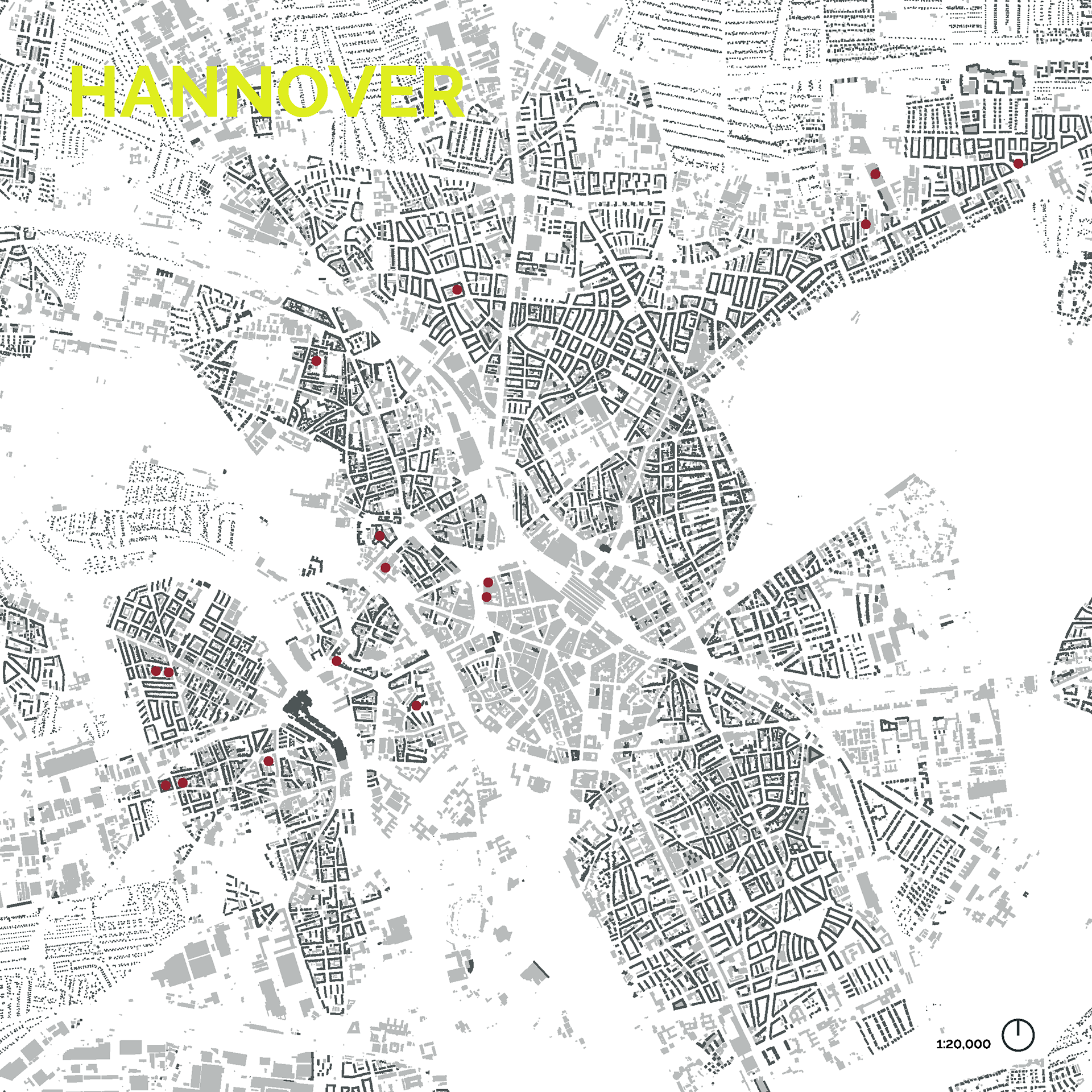
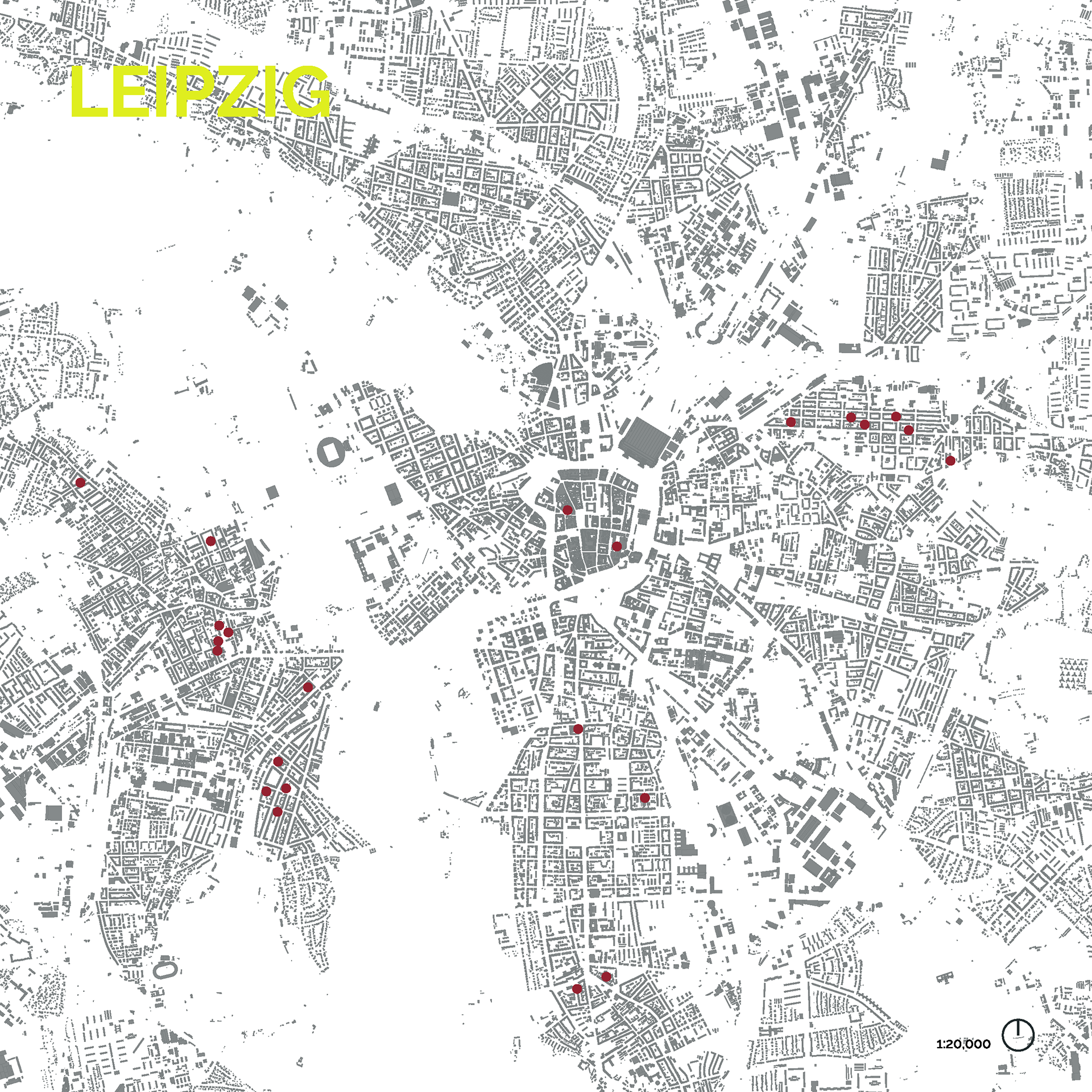
ACT REALIZING THE PLURIVERSE IN MY COURTYARD
nested within an ecological and urban network lies our courtyard
Ecologically positioning the case study
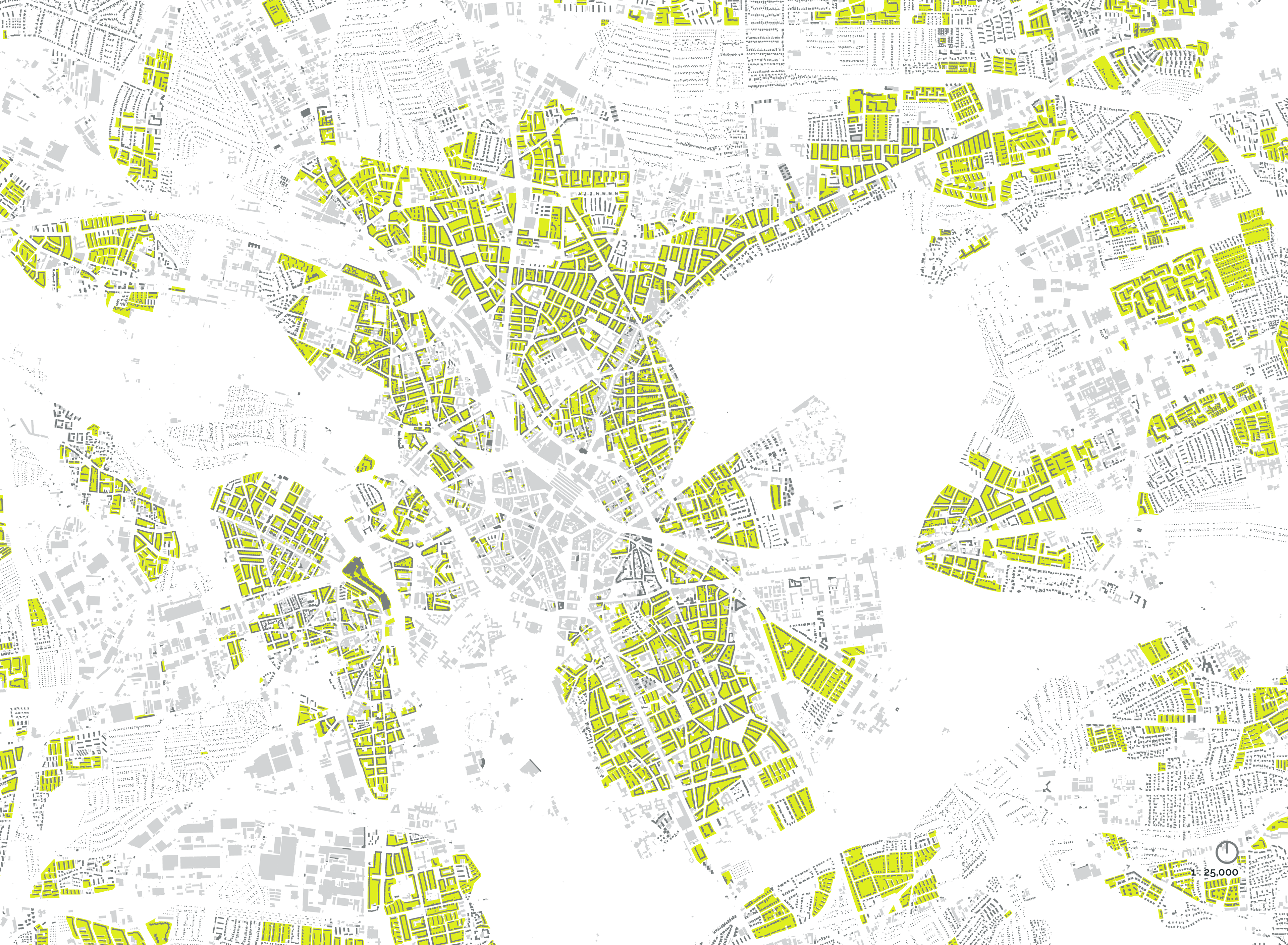
Network of courtyards across the urban fabric in Hannover
borders & edges define the spatial fabric
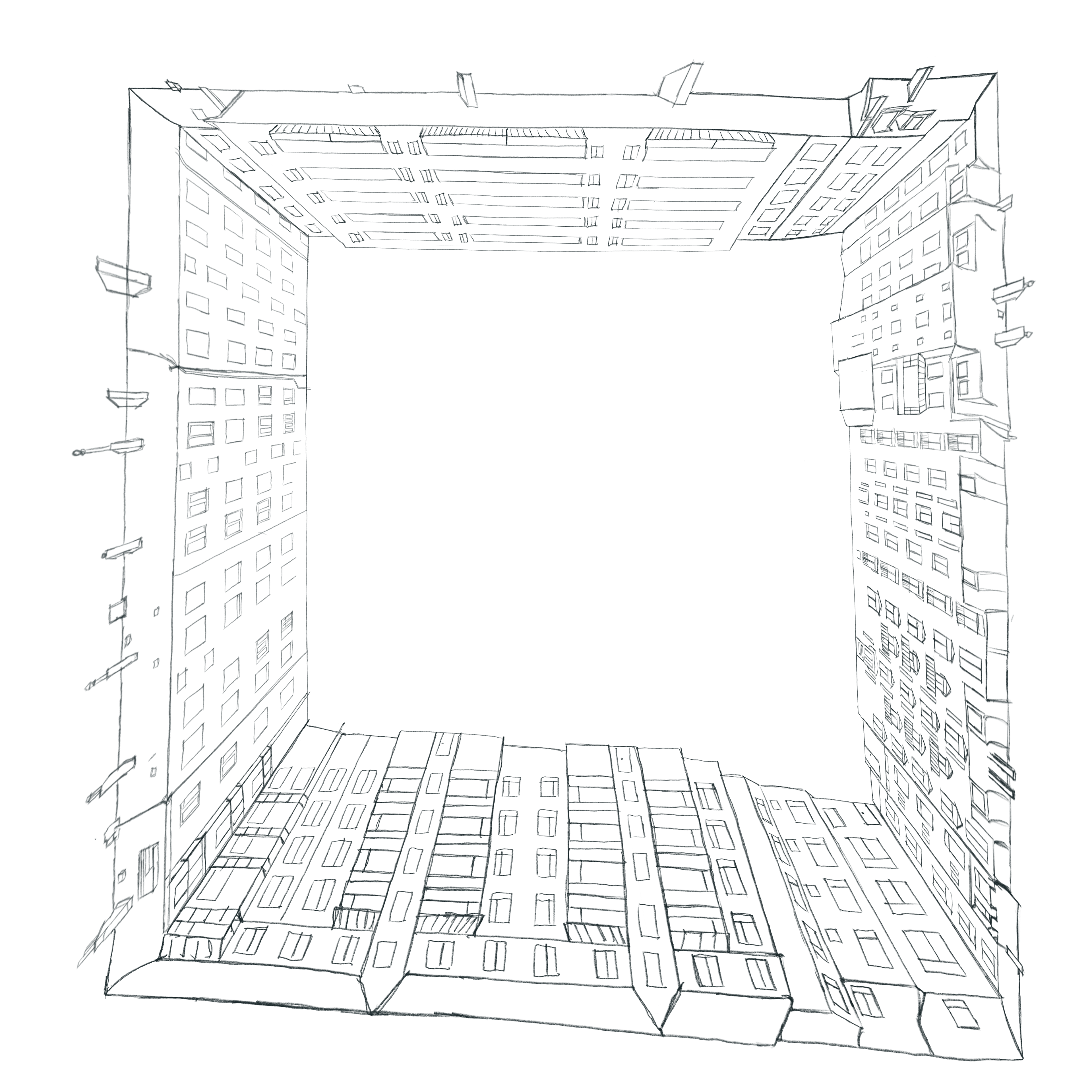
facades
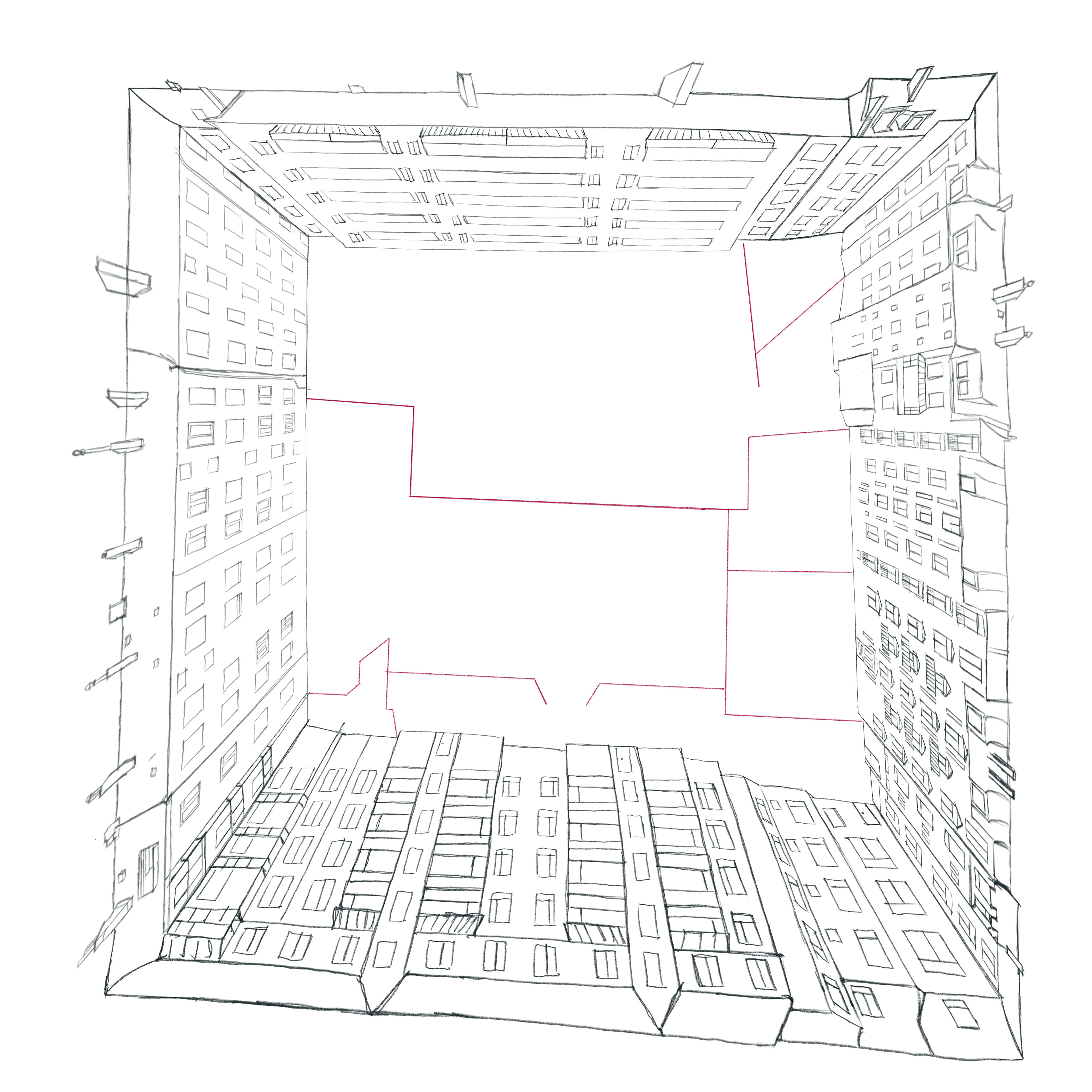
fencing
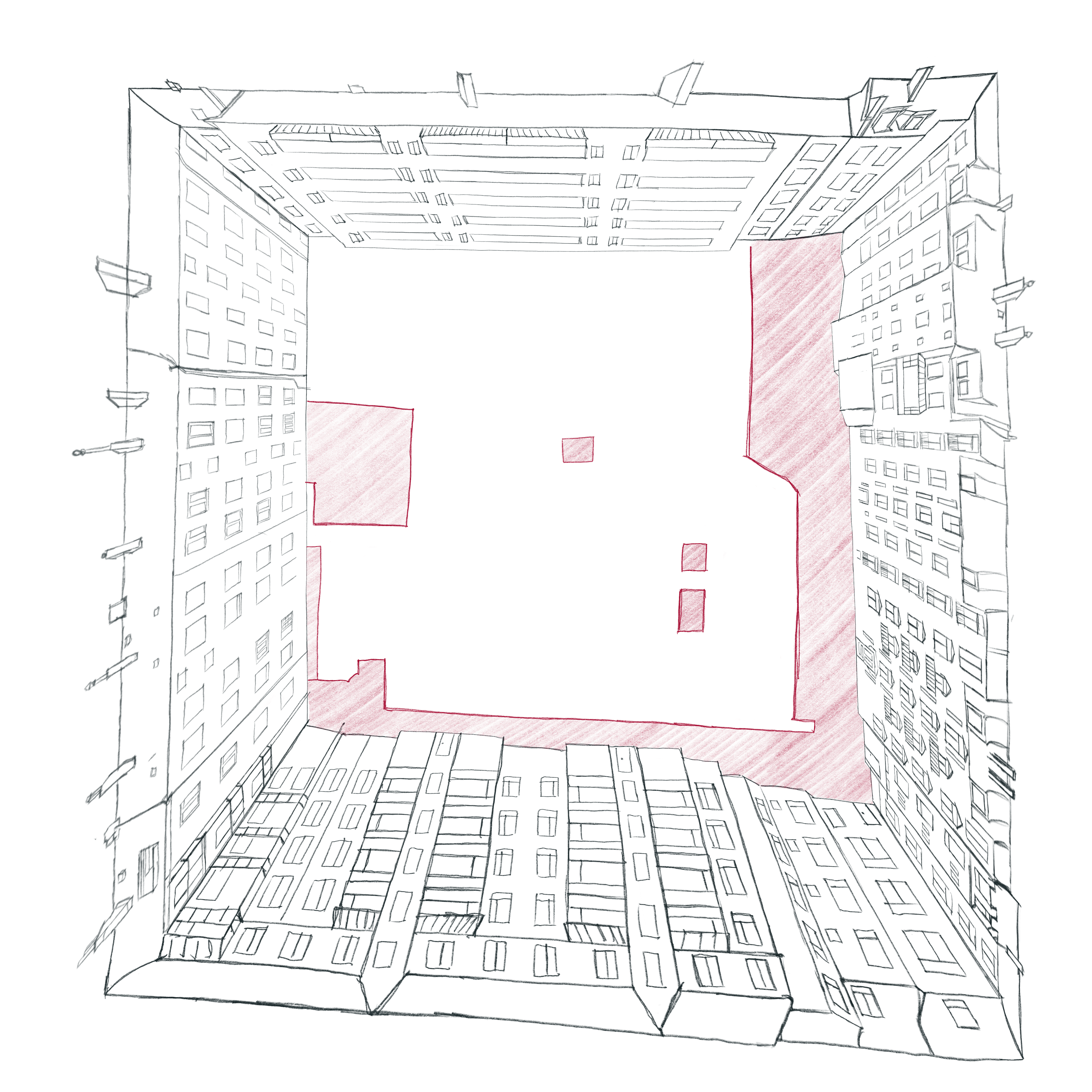
ground cover
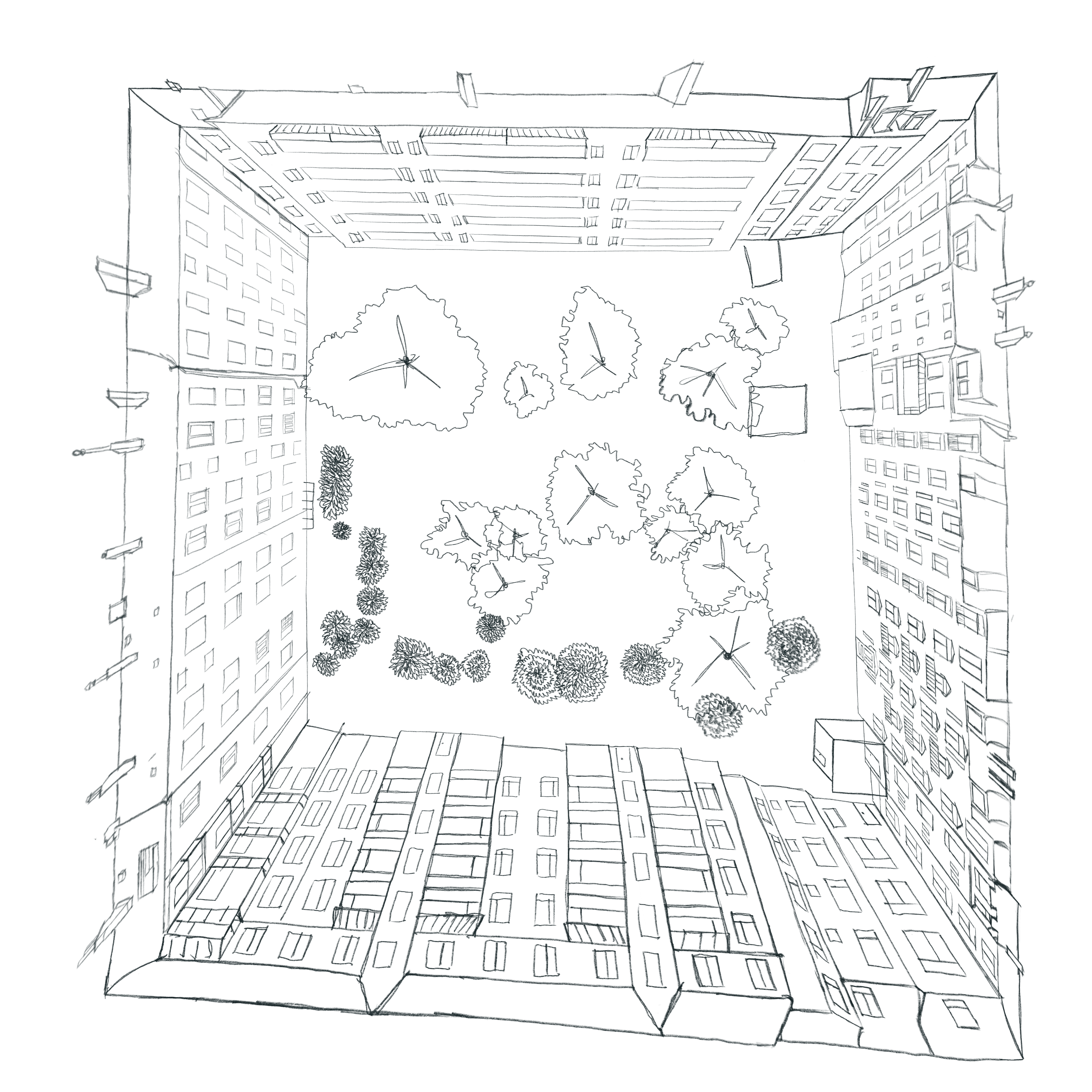
vegetation
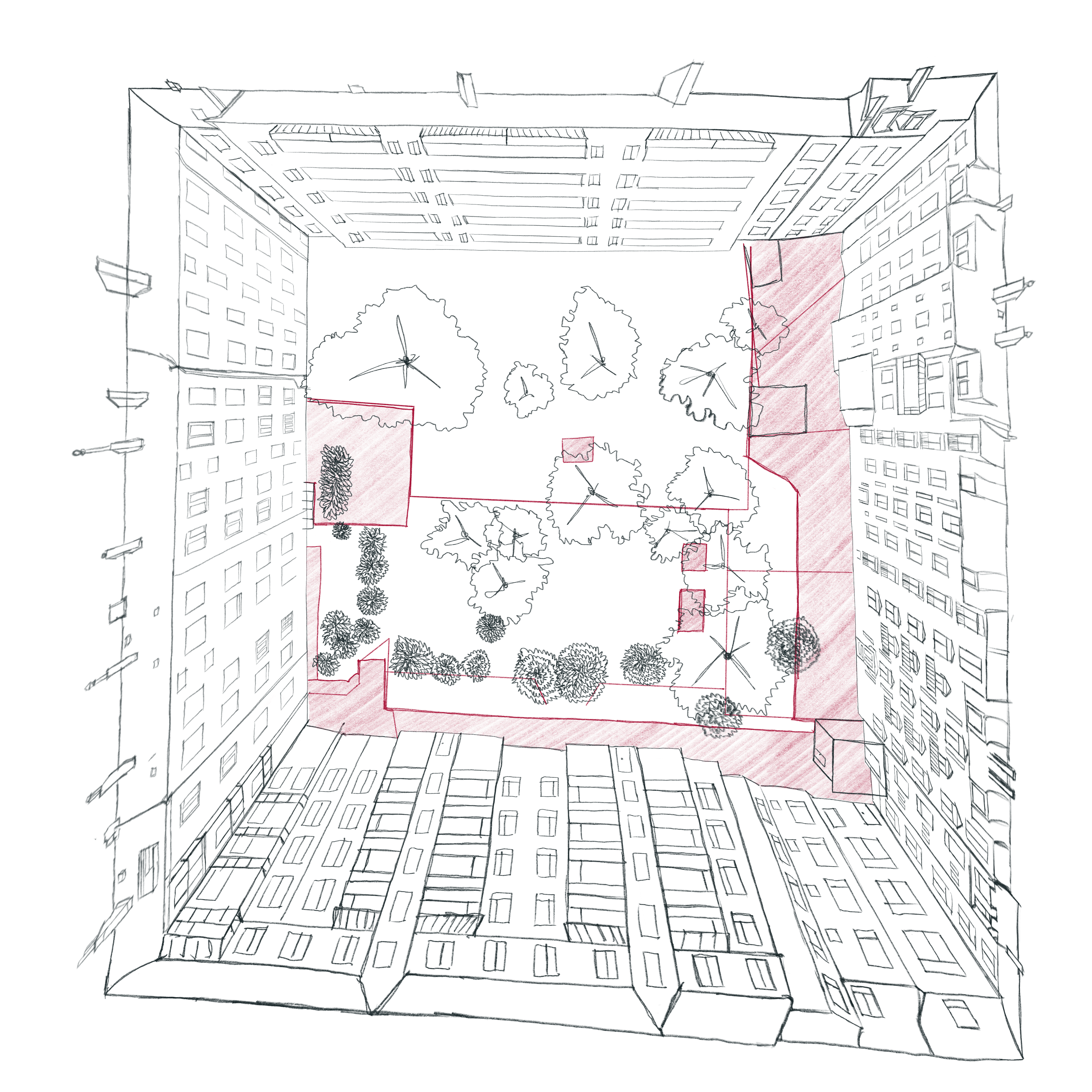
layered borders & edges
and give rise to subjective experiences
acting in various modes
and with a toolbox of theory oriented for praxis
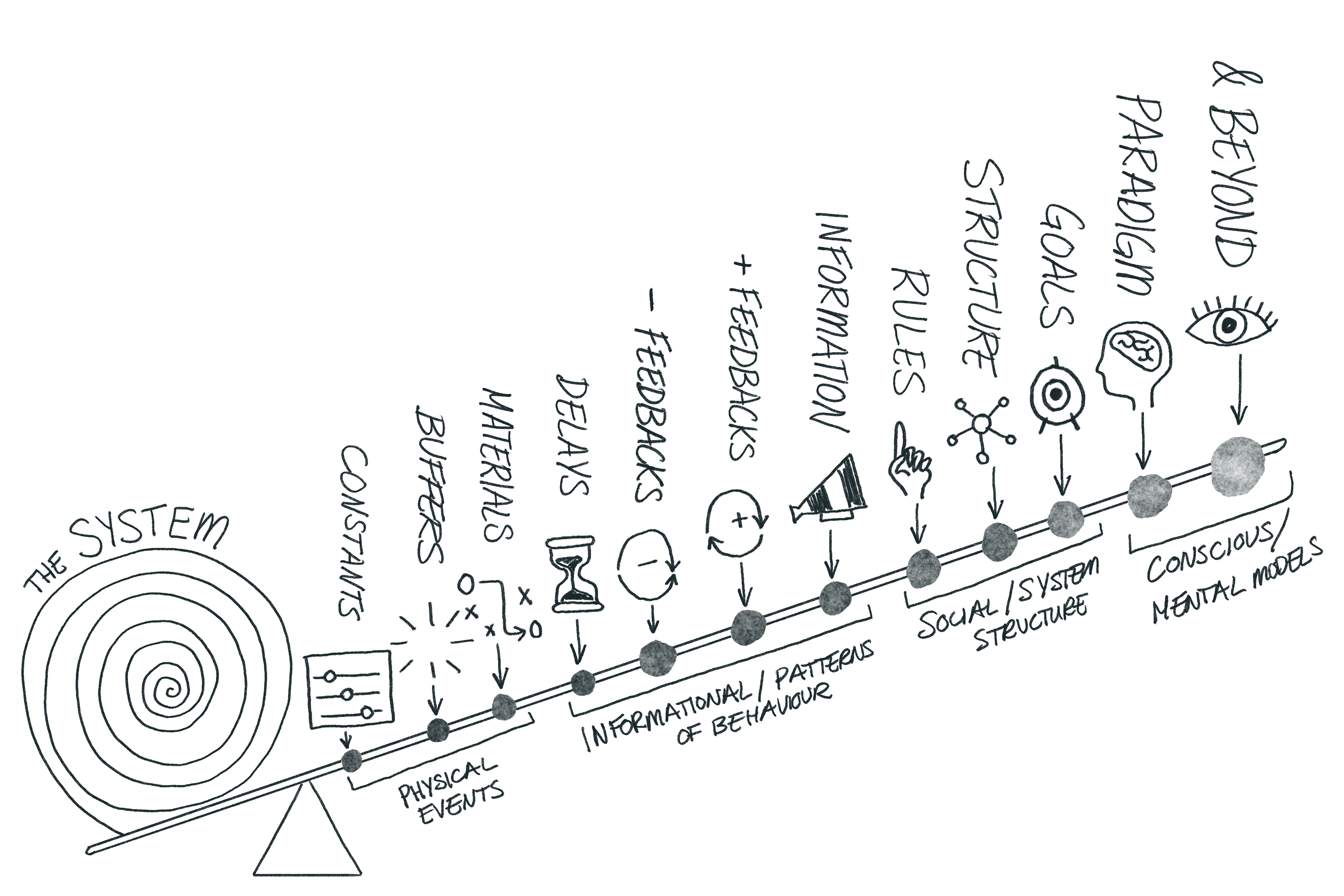
leverage points (Donella Meadows 1999)
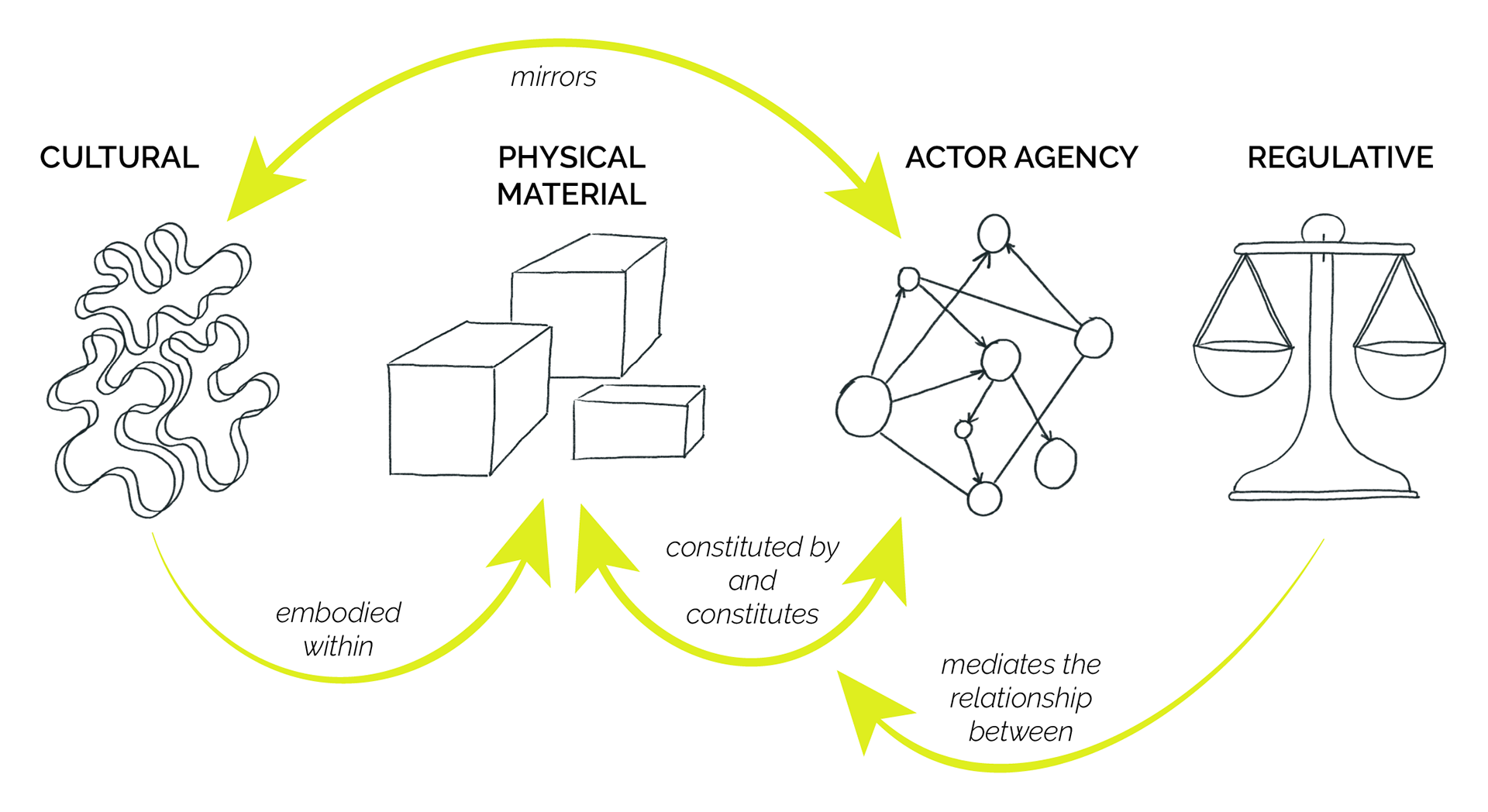
Embedded Agency Perspective (Bögel it al. 2022)
into the courtyard we went!
keeping a journal helped to organize thoughts and connect theory with praxis
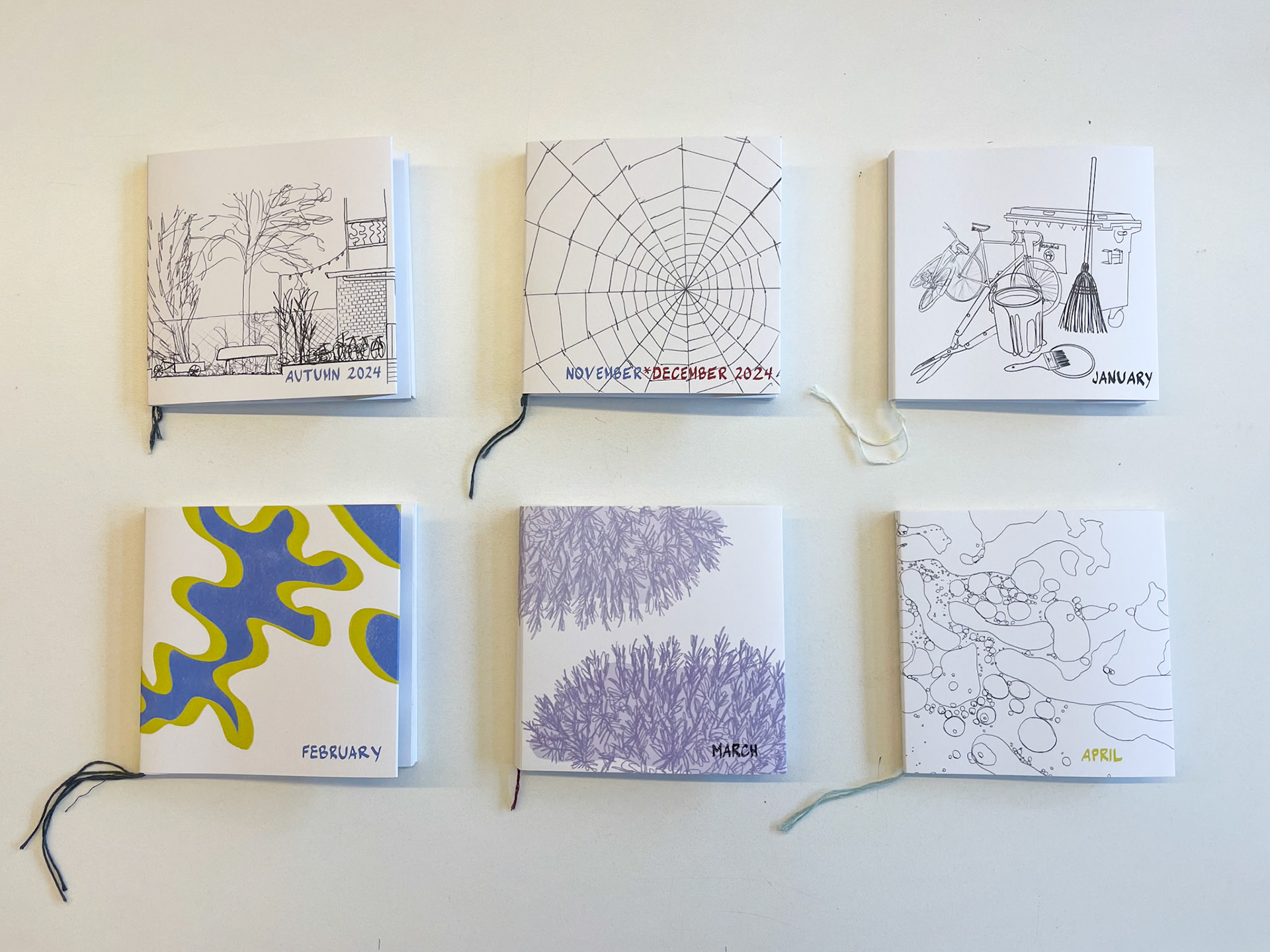
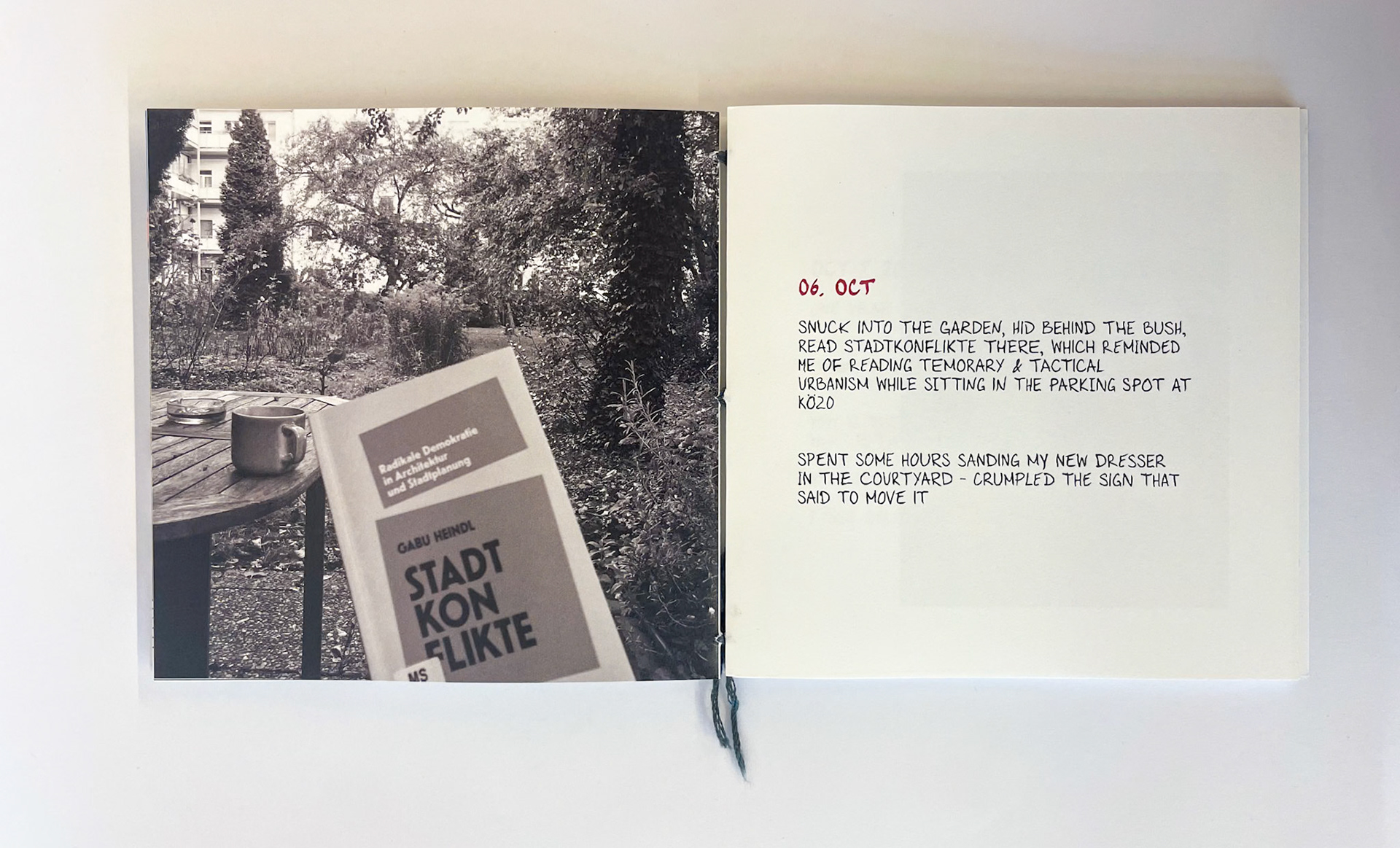
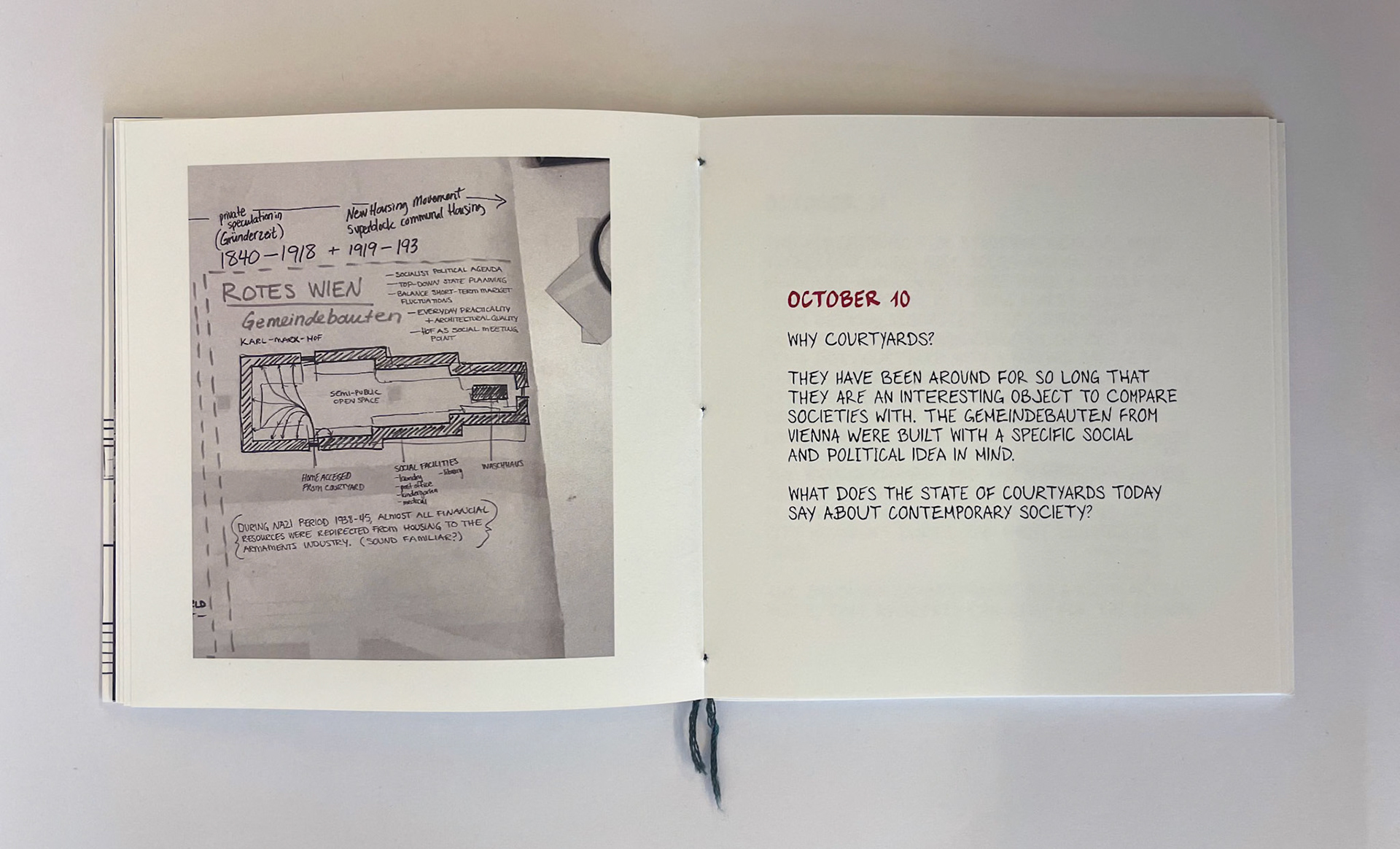
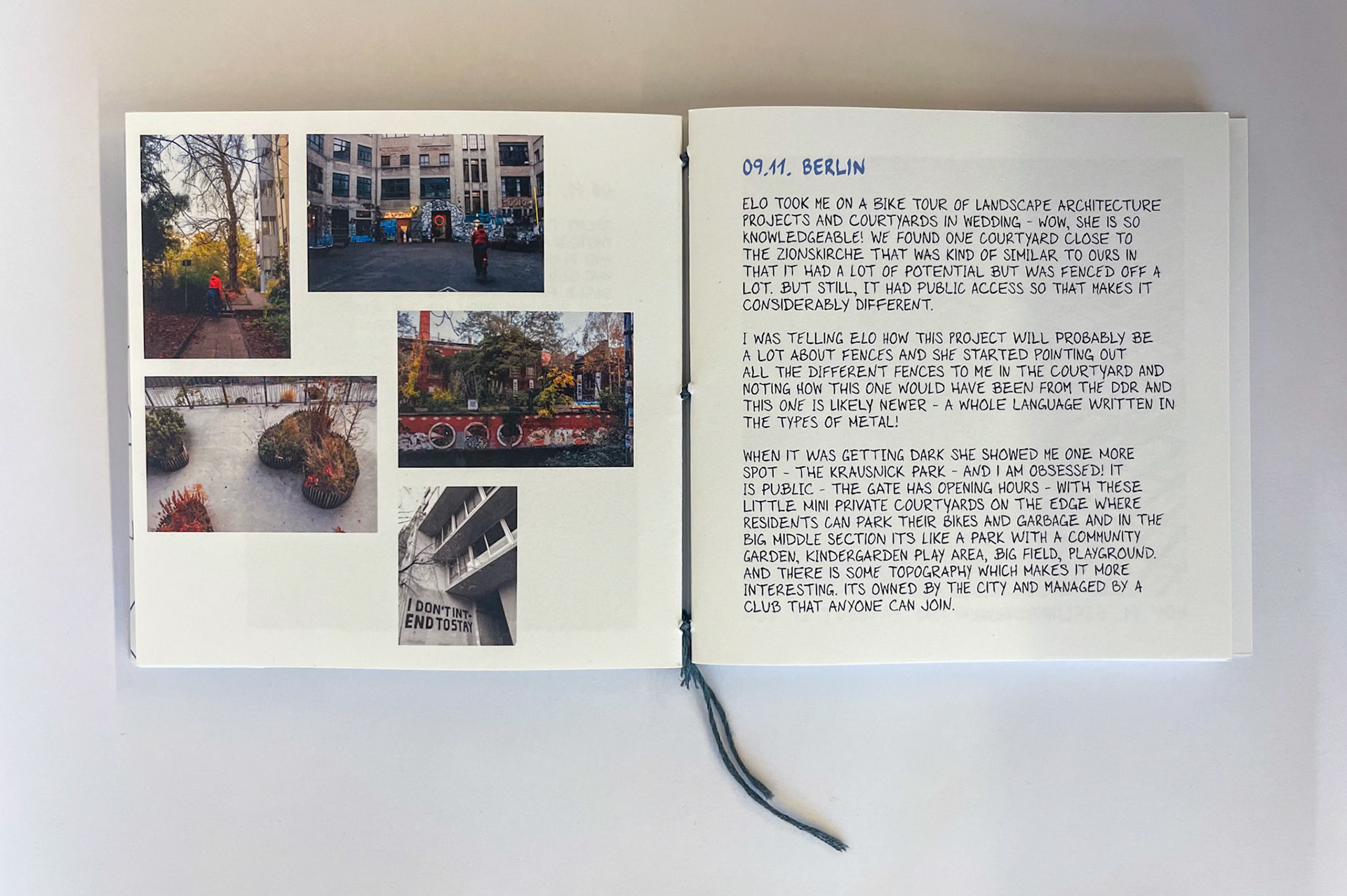
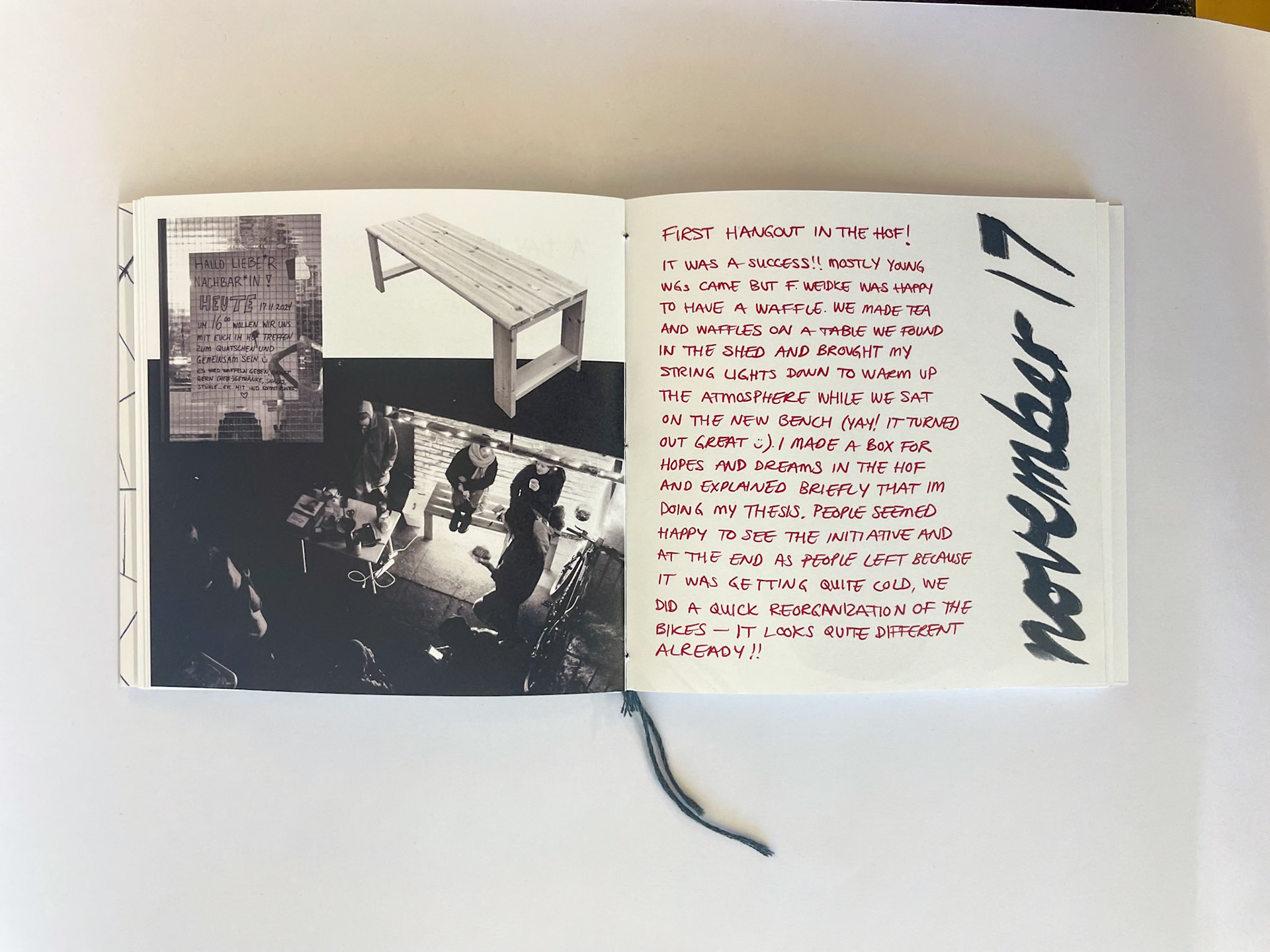
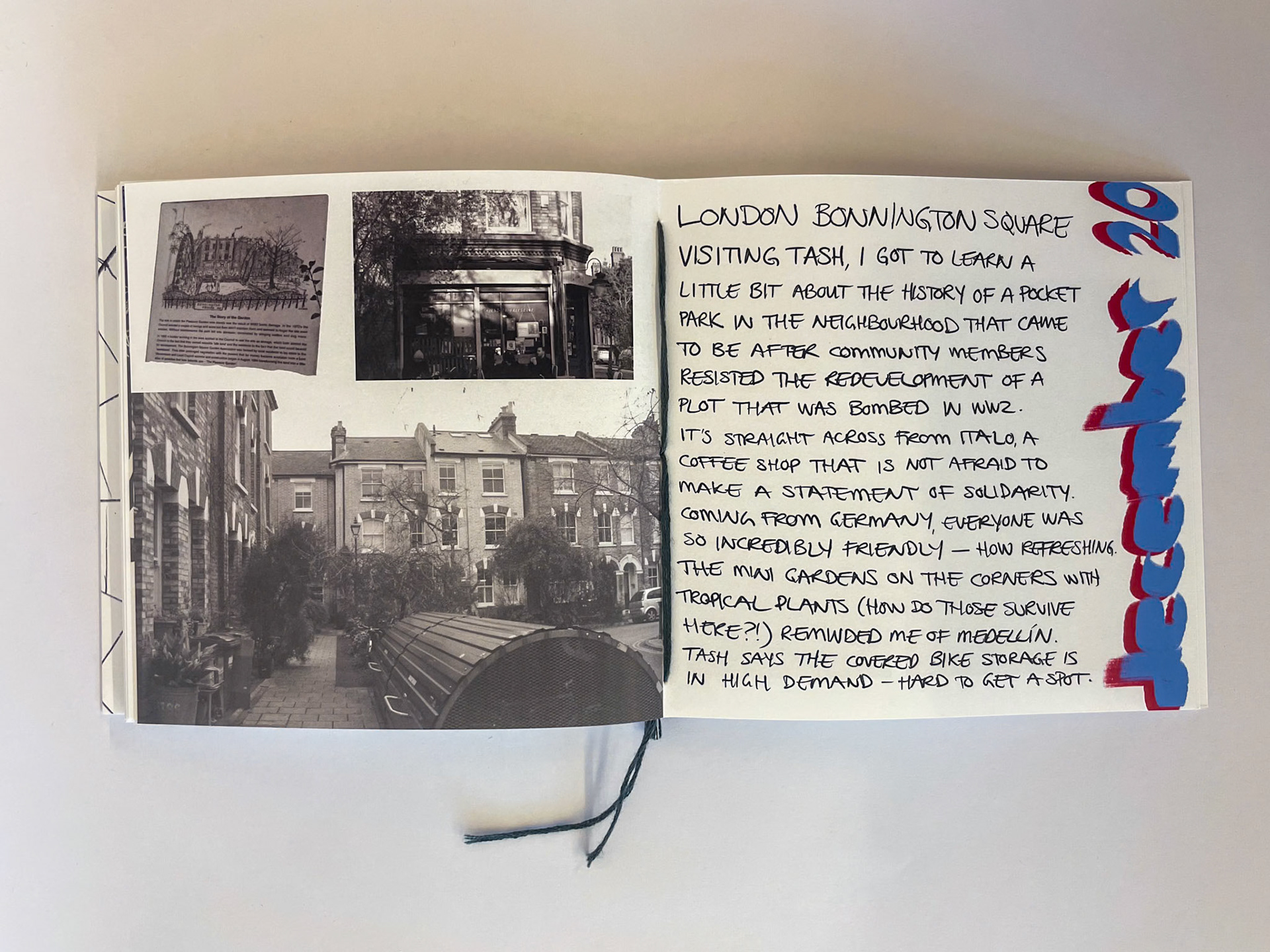
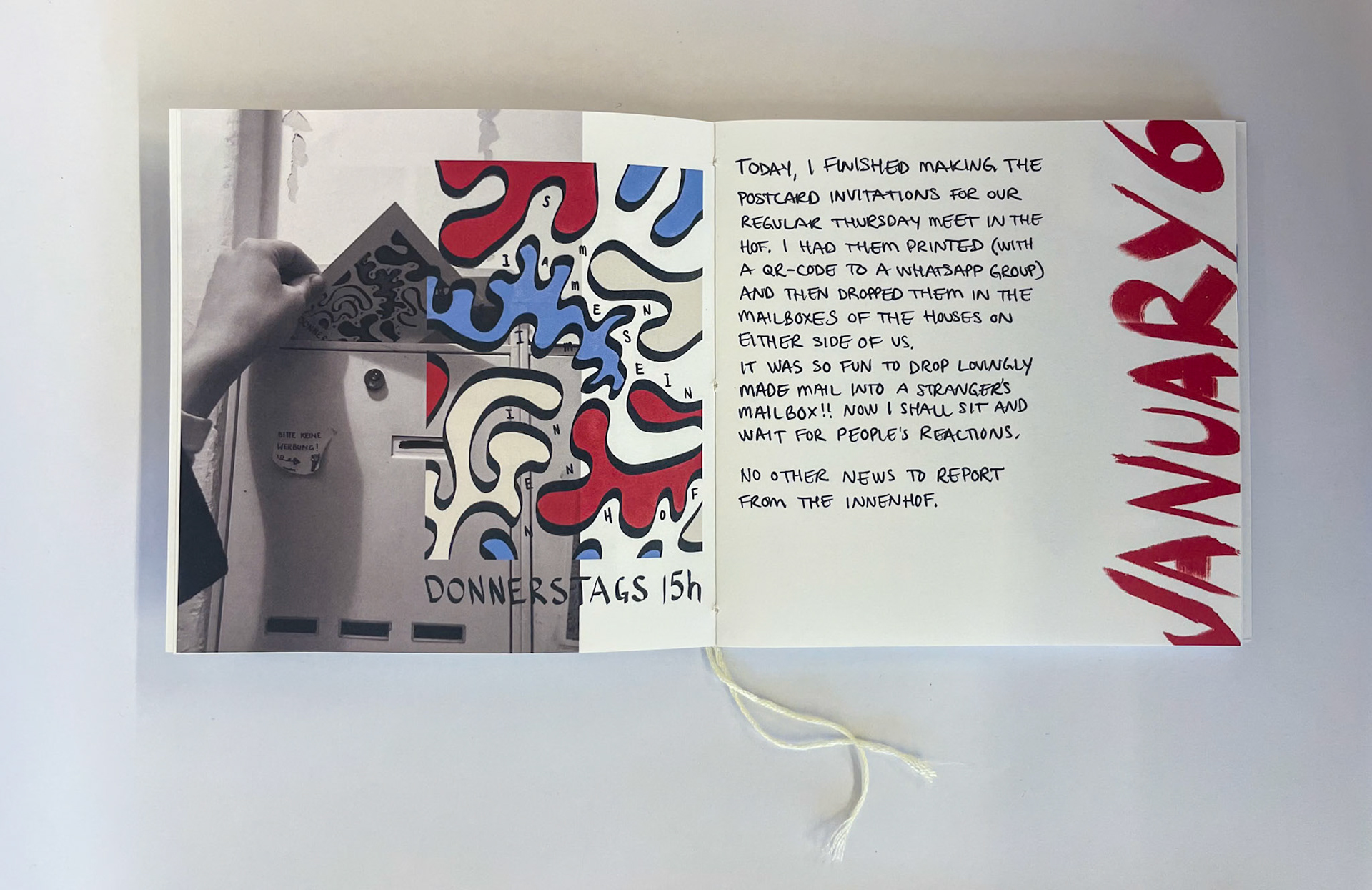
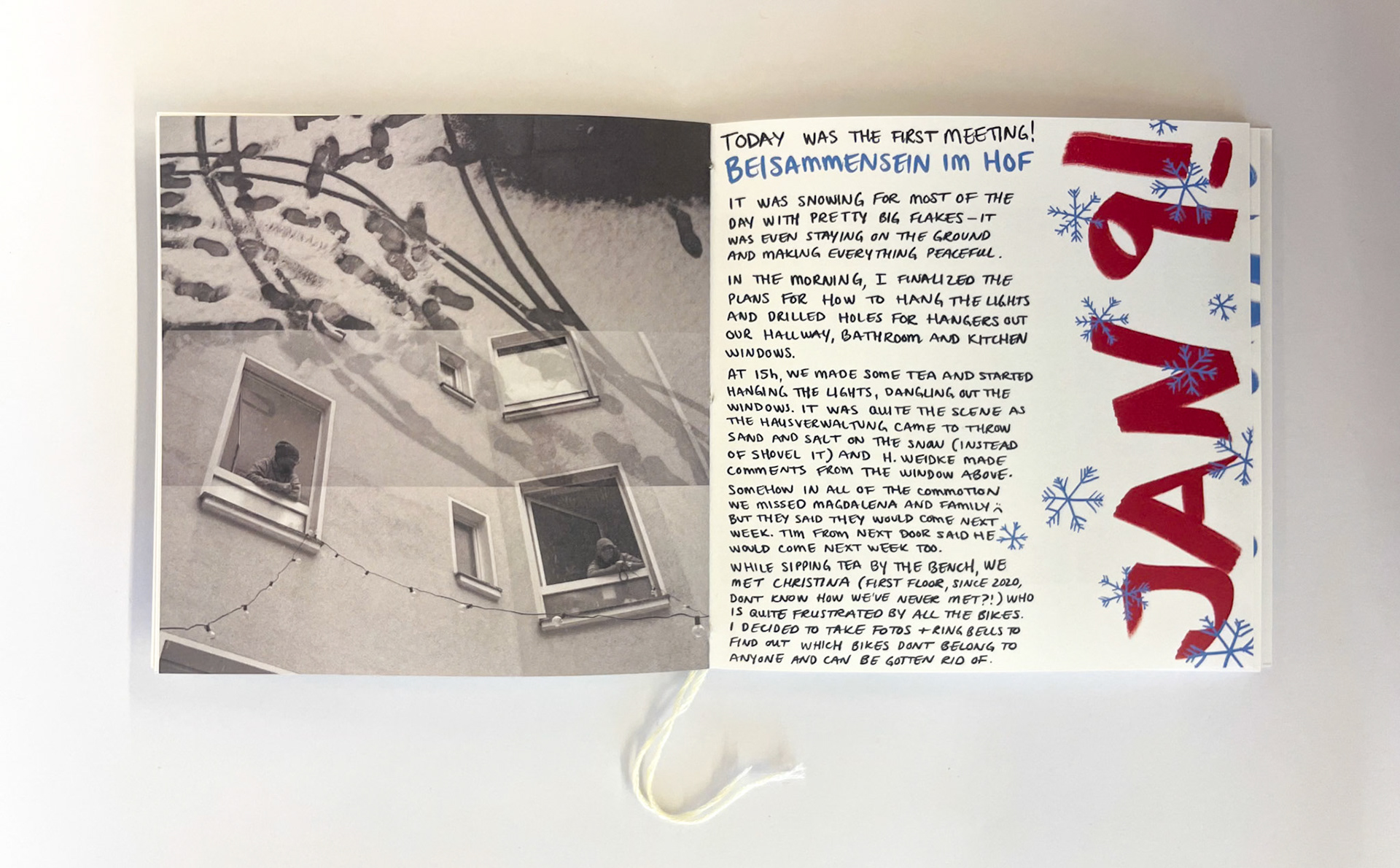
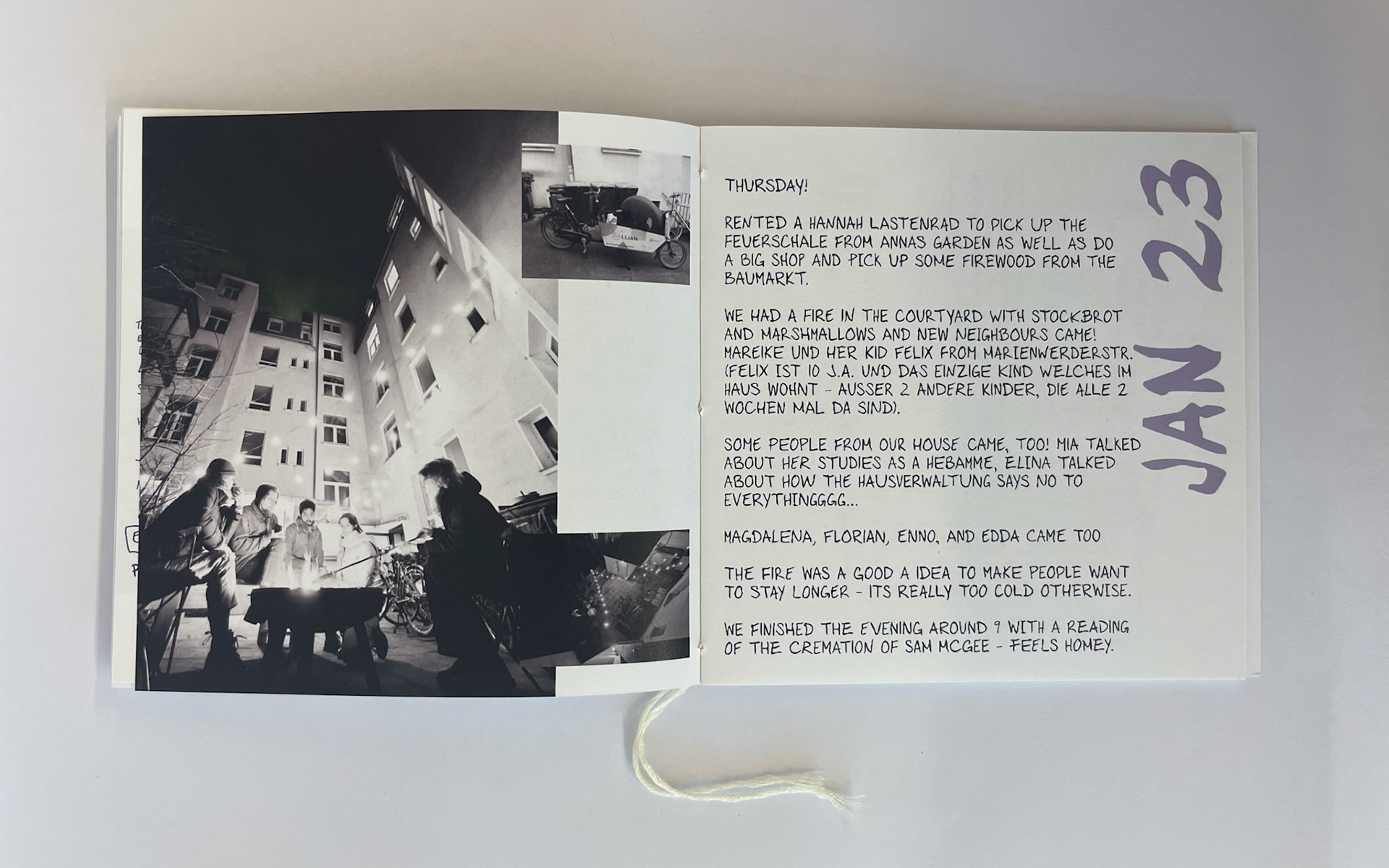
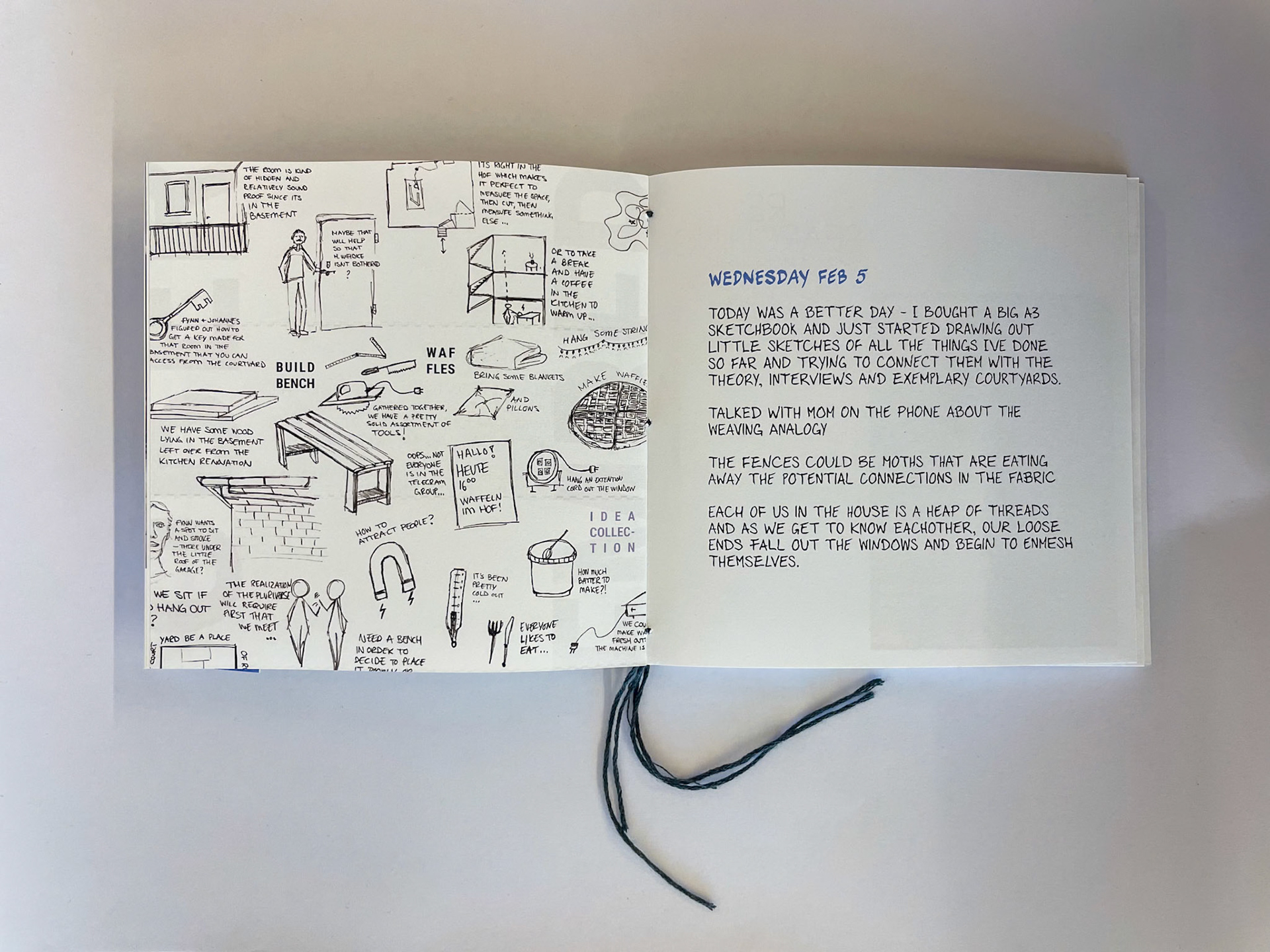
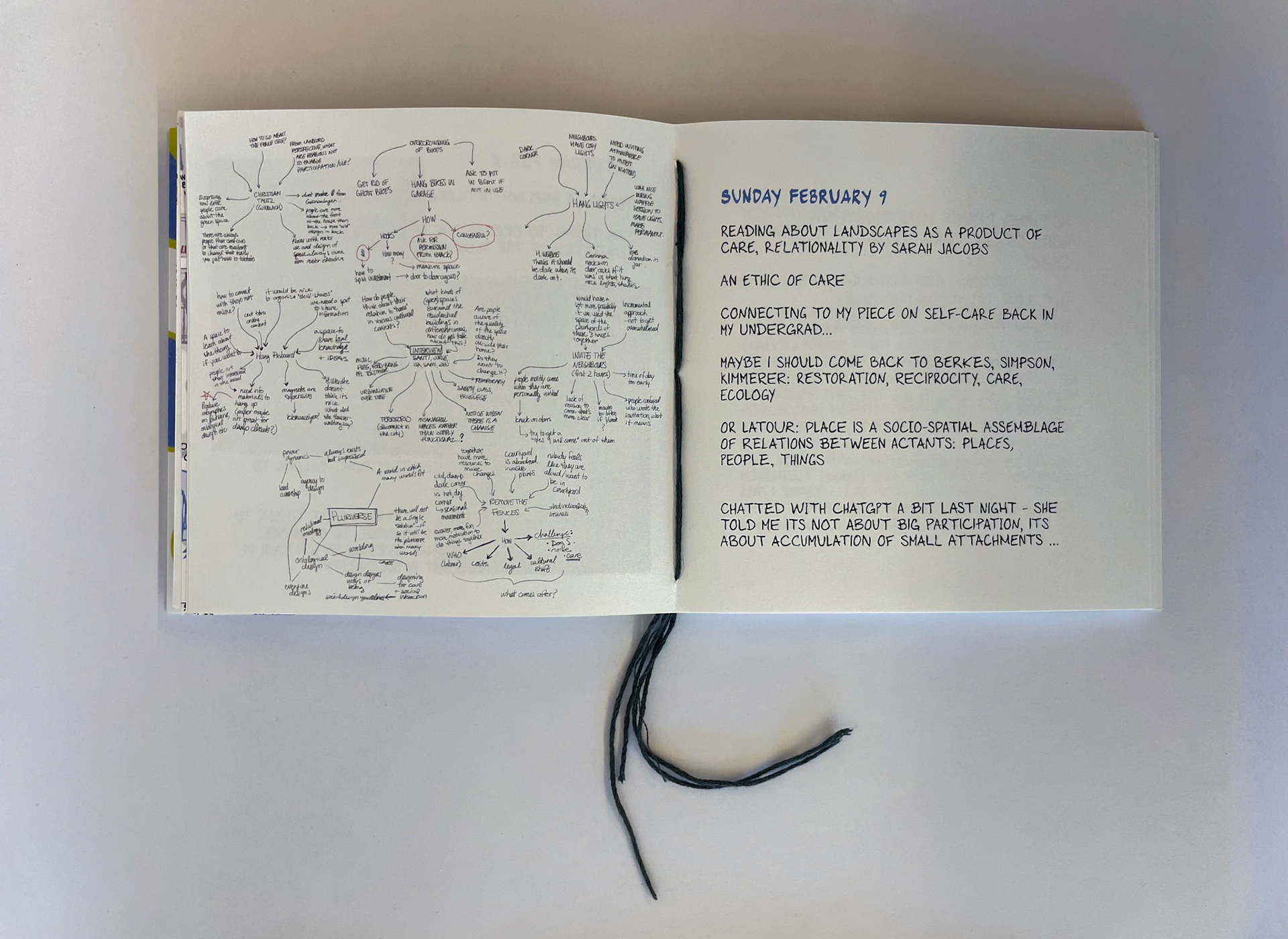
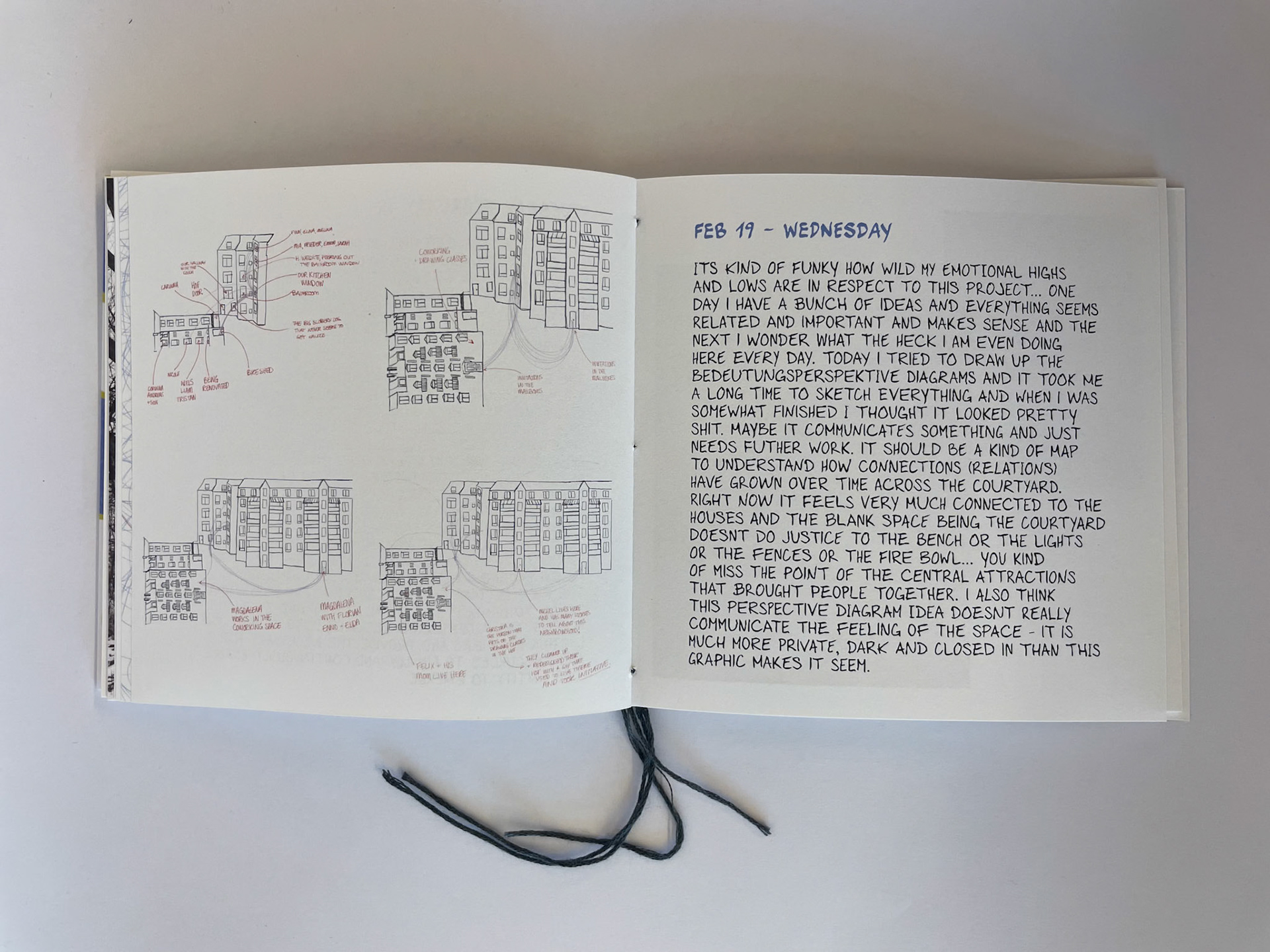
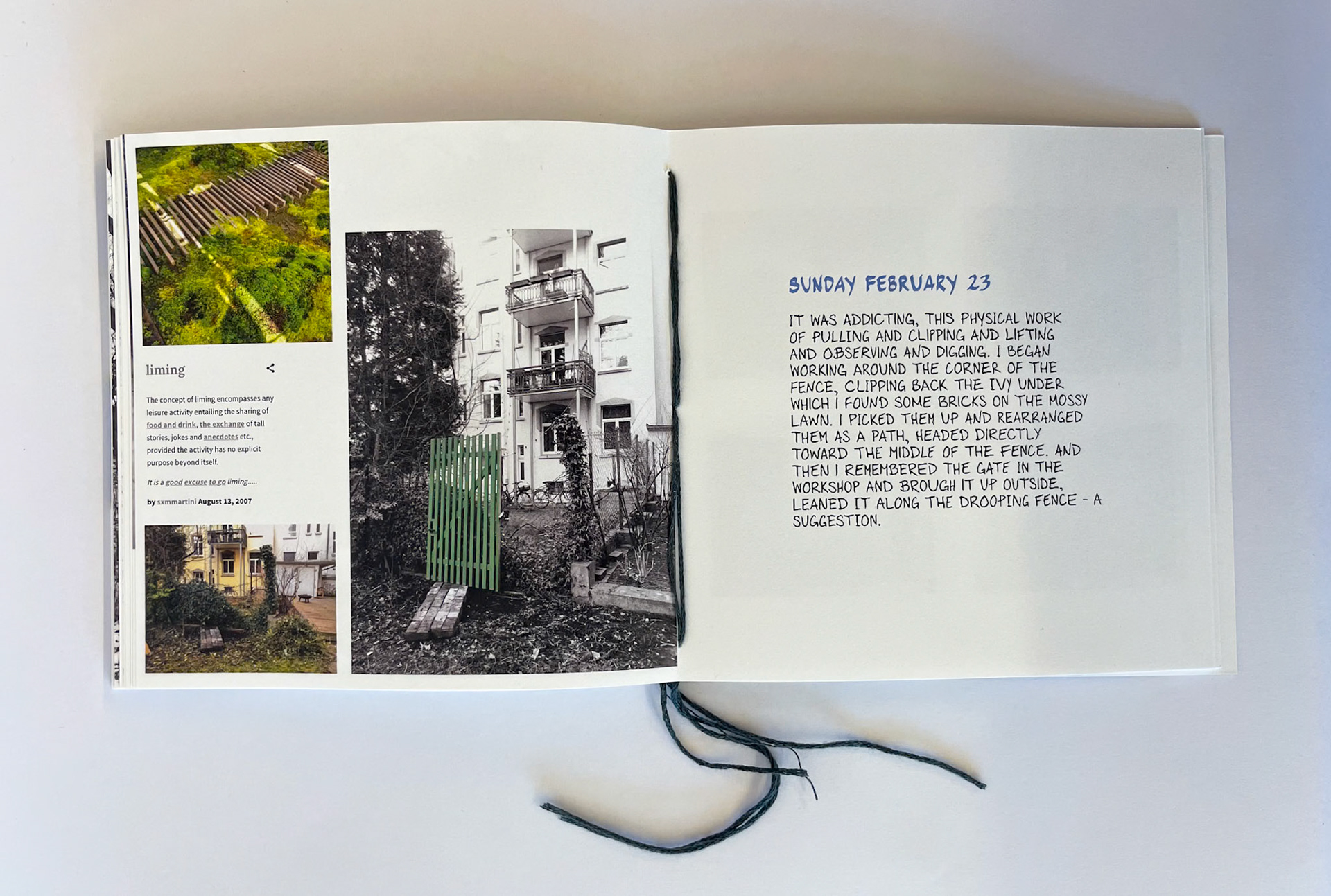
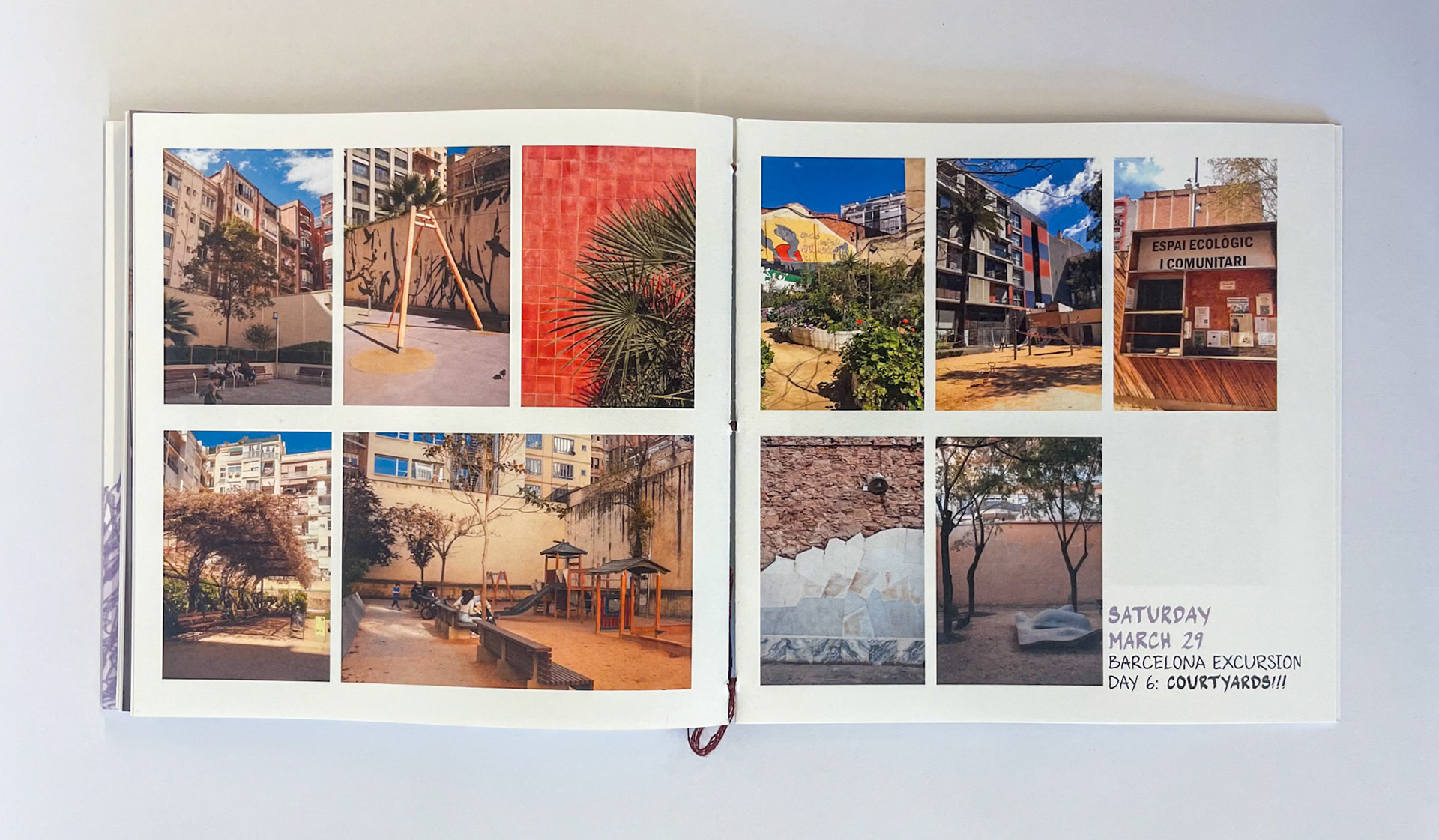
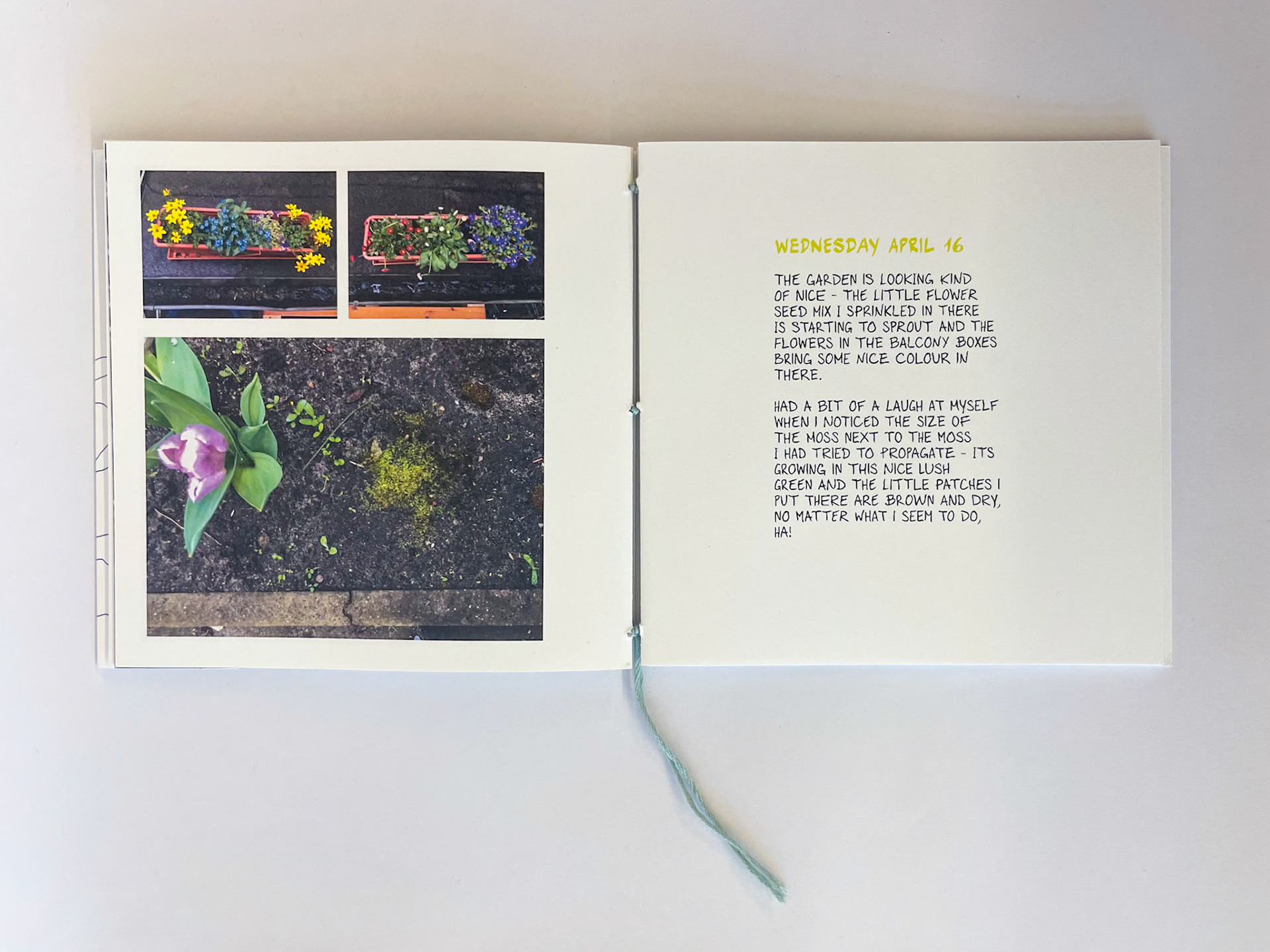
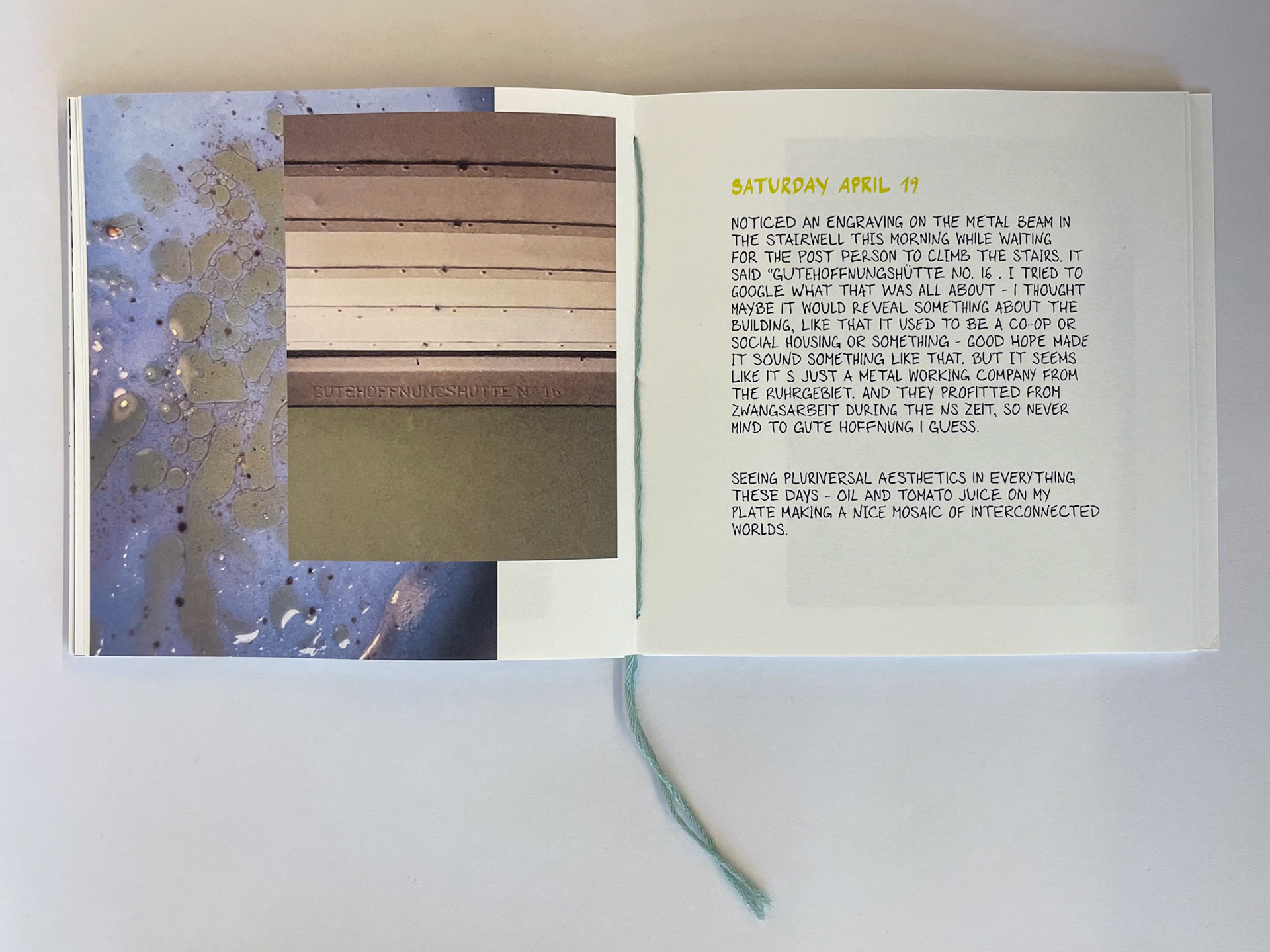
sketching events as they occurred helped to make sense of the process...
out of which eventually emerged my own subjective and iterative design methodology for pluriversal worlding